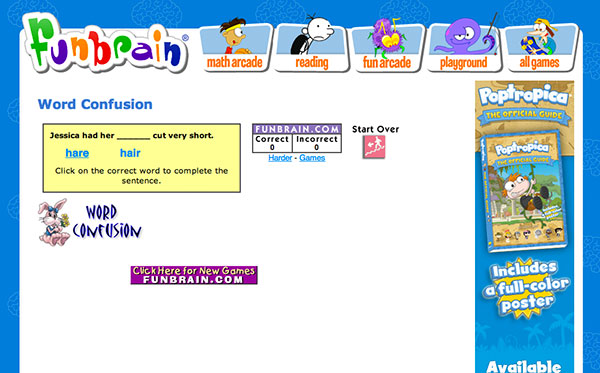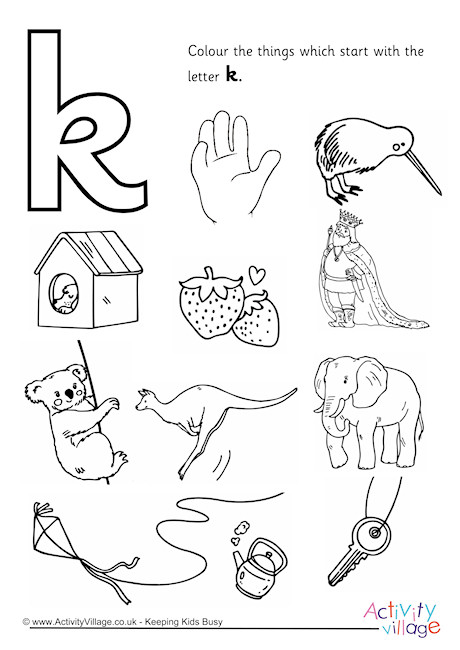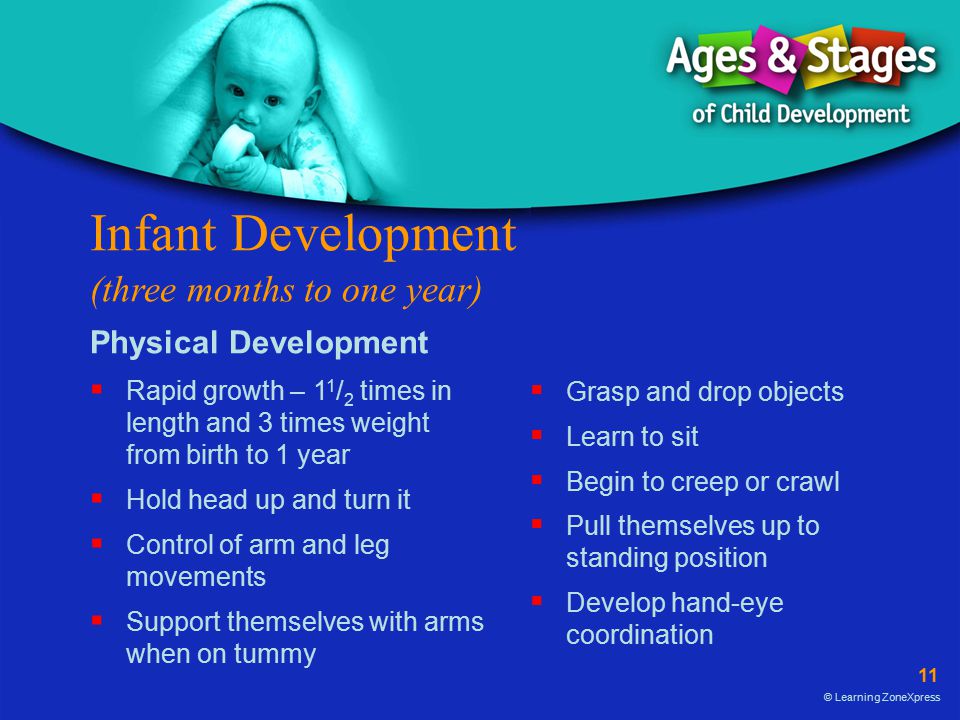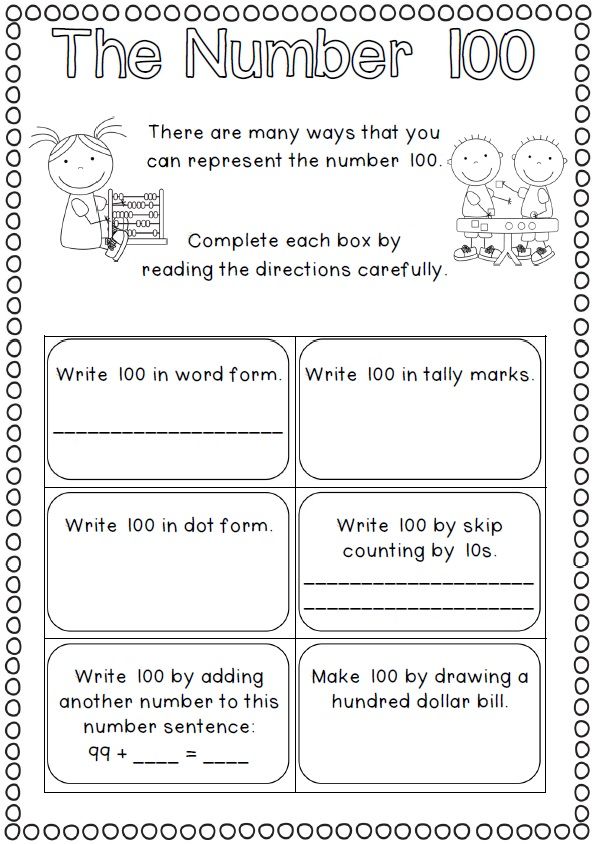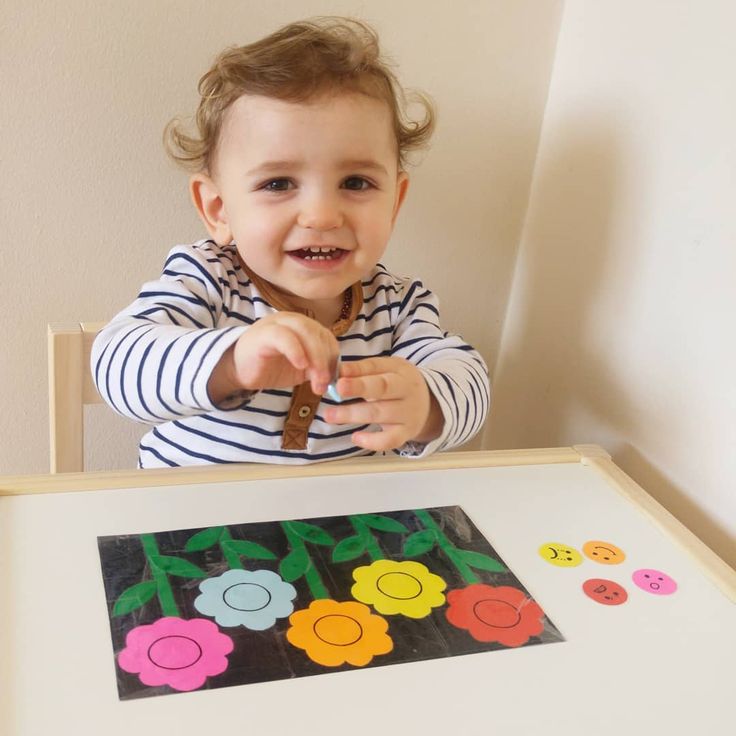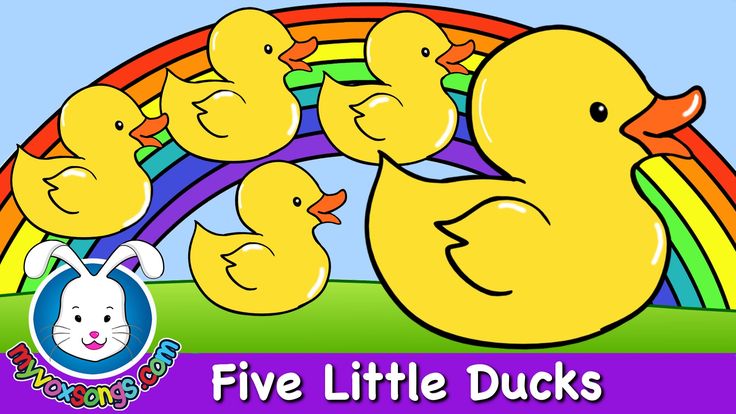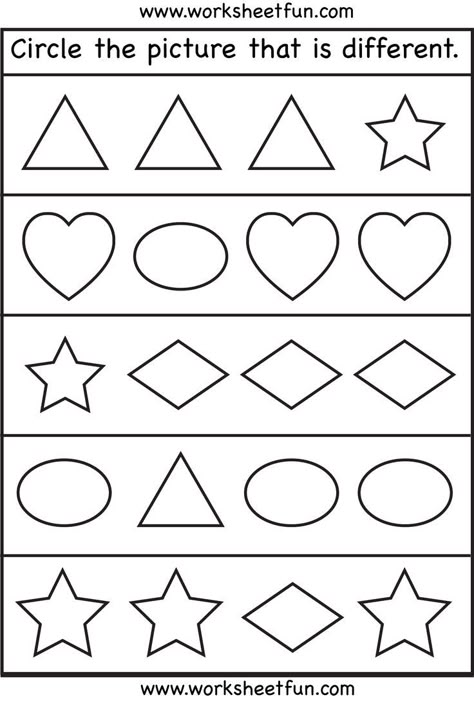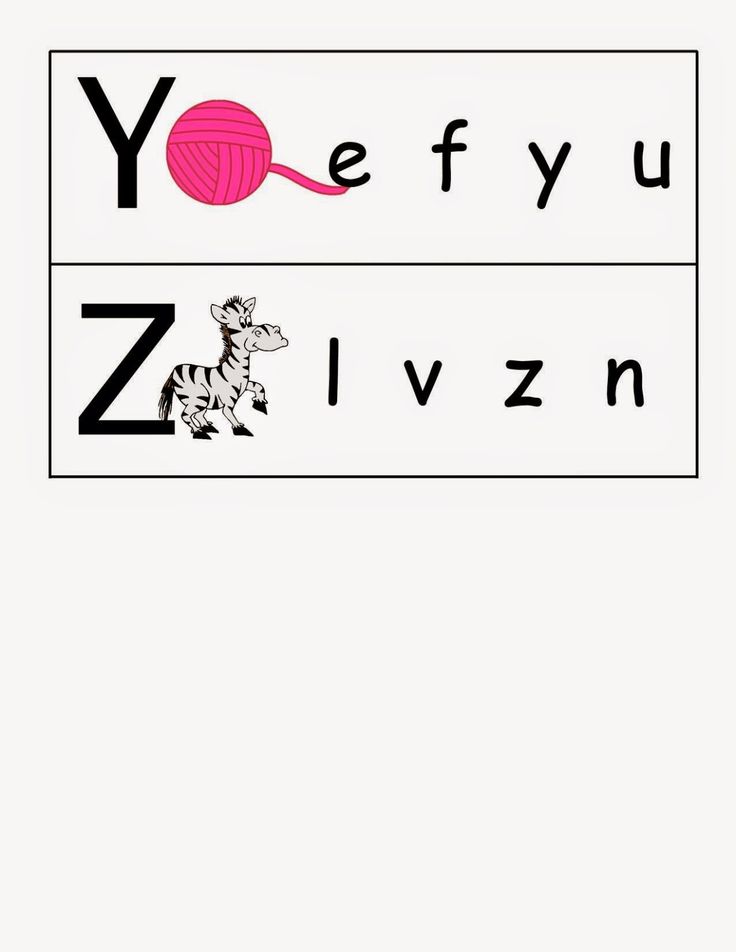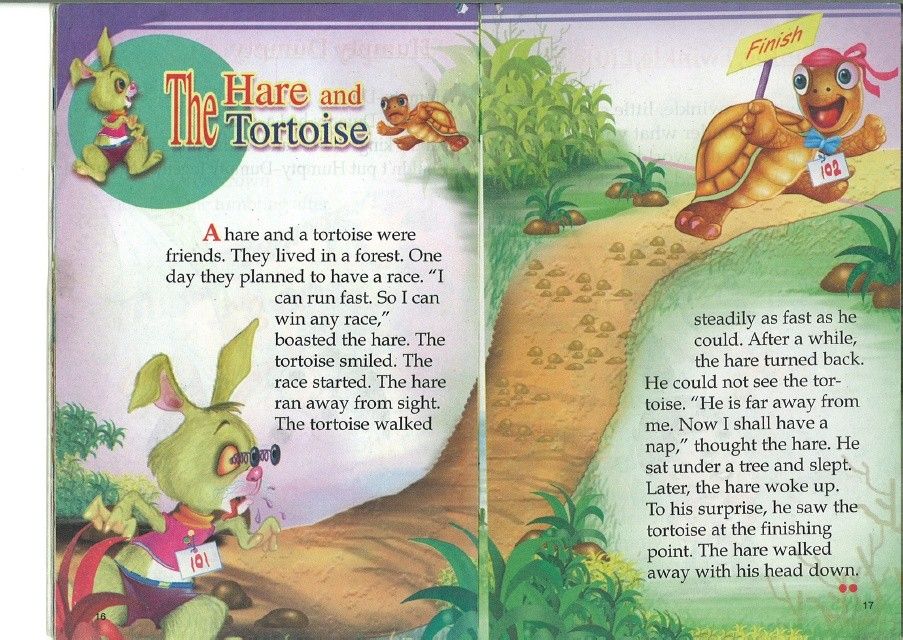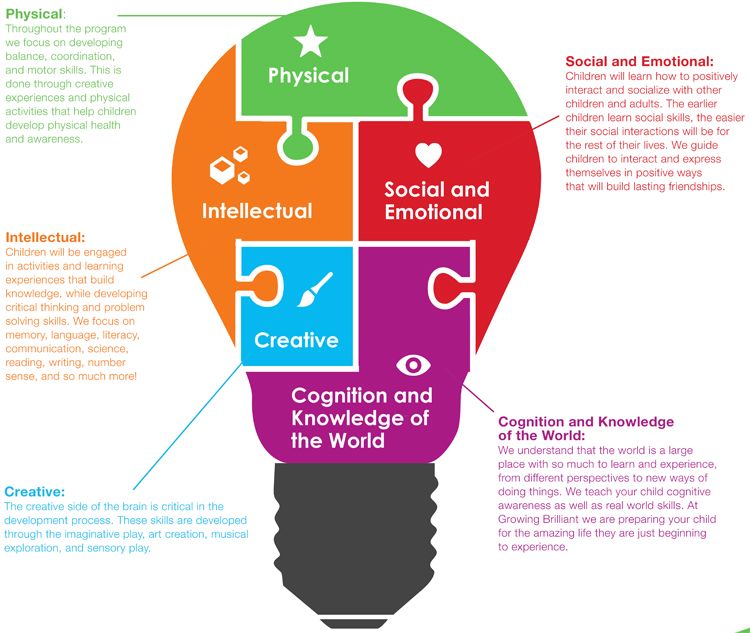Word games for fun
Free Word Games | Online Word Games
Search
From word search games to puzzle games, we have you covered with our collection of free online word games
The 2 Minute Mini Crossword
The 2 Minute Mini Crossword
Have just a couple of minutes? This 10-answer crossword is the one for you
The Daily medium Crossword
The Daily medium Crossword
Strengthen your crossword solving skills with The Daily medium Crossword
Hurdle
Hurdle
Enjoy this popular word guessing game with a twist – play Hurdle today
Arkadium Word Wipe Game
Arkadium Word Wipe Game
Form as many words as you can to clear the rows and advance.
Free Online Daily Crossword Puzzle
Free Online Daily Crossword Puzzle
A crossword a day is good for the brain. Come back daily!
Outspell Spelling Game
Outspell Spelling Game
A Scrabble-esque game with plenty of fun, added twists.
Free Daily Word Search Puzzle
Free Daily Word Search Puzzle
How sharp is your eye? This fun word search is updated daily!
Stan Newman's Easy Crossword
Stan Newman's Easy Crossword
Relax with quick daily crossword puzzles that are easy to solve.
Thomas Joseph Crossword
Thomas Joseph Crossword
This crossword will have you coming back for more!
Daily Commuter Crossword
Daily Commuter Crossword
Stuck on the train? Time flies with a daily crossword!
Arkadium's Codeword
Arkadium's Codeword
Crack the code of numbers and letters to decipher the words!
Scramble Words Game
Scramble Words Game
Unscramble the letters to create words!
Sheffer Crossword
Sheffer Crossword
It's a favorite among crossword fans for a reason. Try now!
Stan Newman's Daily Crossword
Stan Newman's Daily Crossword
Enjoy new puzzles from Newsday's renowned crossword editor, Stan Newman.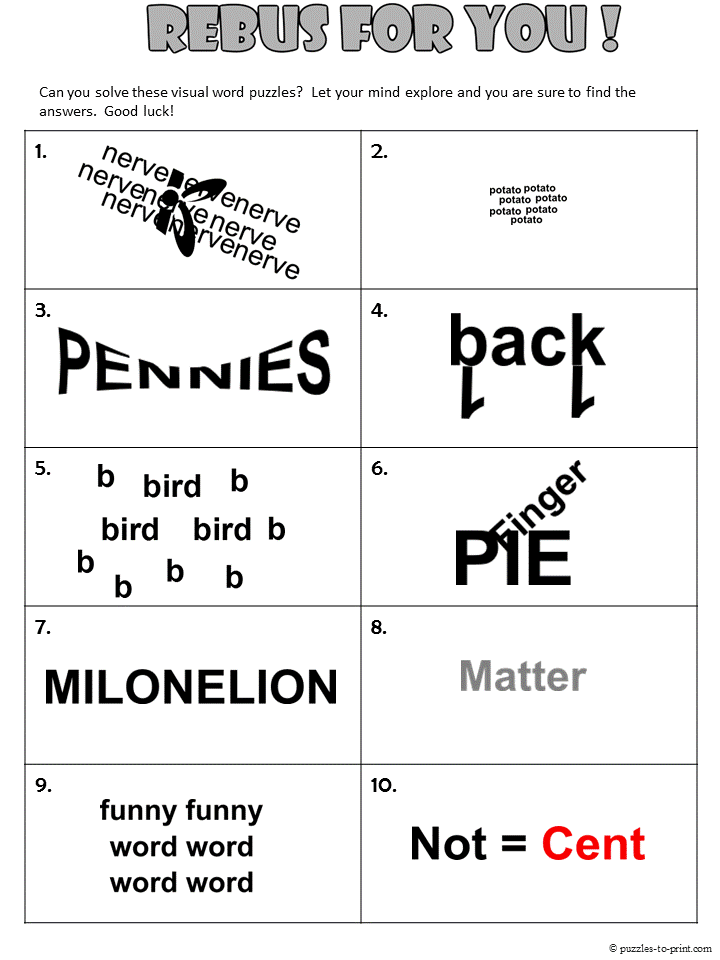
Free Themed Crossword Puzzles
Free Themed Crossword Puzzles
We love a good theme. This crossword has plenty of them!
Penny Dell Crosswords
Penny Dell Crosswords
An iconic crossword among aficionados - try it yourself!
Premier Crossword
Premier Crossword
The ultimate challenge for serious crossword fans.
Mini Crossword
Mini Crossword
Don't have all day? Here's a short and sweet crossword.
Stan Newman's Hard Crossword
Stan Newman's Hard Crossword
Challenge yourself with these extra difficult crossword puzzles.
Best Daily American Crossword
Best Daily American Crossword
Homegrown, all-American crossword clues!
Stan Newman's Sunday Crossword
Stan Newman's Sunday Crossword
Large puzzles from renowned crossword editor, Stan Newman.
Penny Dell Easy Morning Crosswords
Penny Dell Easy Morning Crosswords
Wake up and brighten your day with these stimulating crosswords.
Arkadium's Fill Ins
Arkadium's Fill Ins
Fill the grid with words in this relaxing deduction puzzle!
Spellbound
Spellbound
Form as many words as you can with the letters you're given!
Penny Dell Sunday Crossword
Penny Dell Sunday Crossword
Your weekly fix of the classic crossword puzzle.
Best Daily Quick Crossword
Best Daily Quick Crossword
Short and sweet crossword puzzles.
Penny Dell Brain Booster Crosswords
Penny Dell Brain Booster Crosswords
Stimulate your brain with these tough crossword puzzles.
Penny Dell Word Search
Penny Dell Word Search
Only the best word search puzzles!
Wander Words
Wander Words
A though-provoking cross between a word search and scramble.
Best Anagram Crossword
Best Anagram Crossword
In this variation, each clue is an anagram of the actual solution.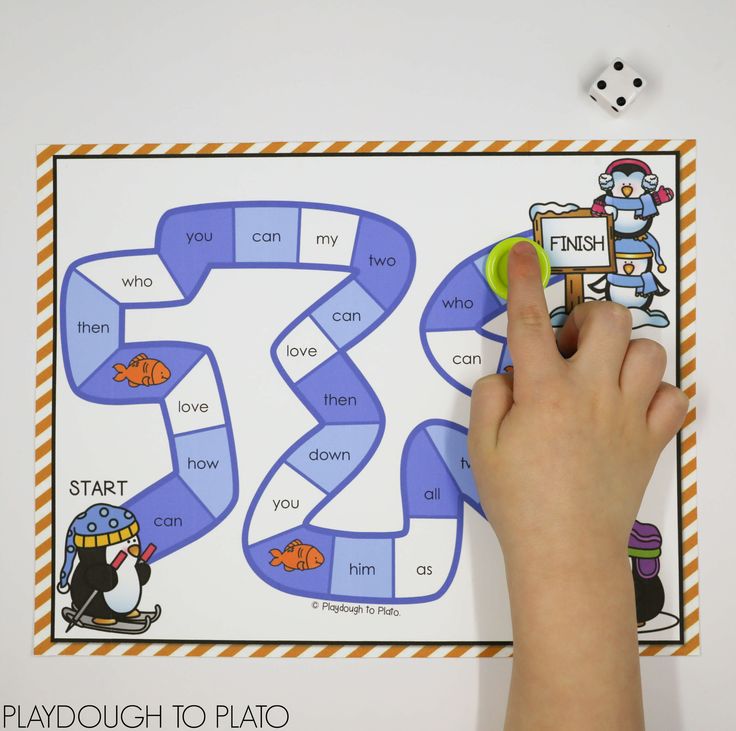
Best Daily Cryptic Crossword
Best Daily Cryptic Crossword
A daily crossword puzzle with an added layer of complexity!
PennyDell Fab FILL-INS™
PennyDell Fab FILL-INS™
We give you the words, you fill in the grid!
Best Cryptic Crossword by Orlando
Best Cryptic Crossword by Orlando
Look no further for the ultimate brain-challenging fun.
Best Polymath Crossword by Cincinnus
Best Polymath Crossword by Cincinnus
Test your trivia knowledge with this unique crossword!
Best Cryptic Crossword by Cincinnus
Best Cryptic Crossword by Cincinnus
Cryptic crossword fans can't get enough of these.
Word games and vocabulary puzzles are among the best ways to de-stress and exercise your brain. They test the depth of your vocabulary and your ability to think logically. Hidden word games, such as word searches can be great for players who are looking to keep a sharp eye for patterns.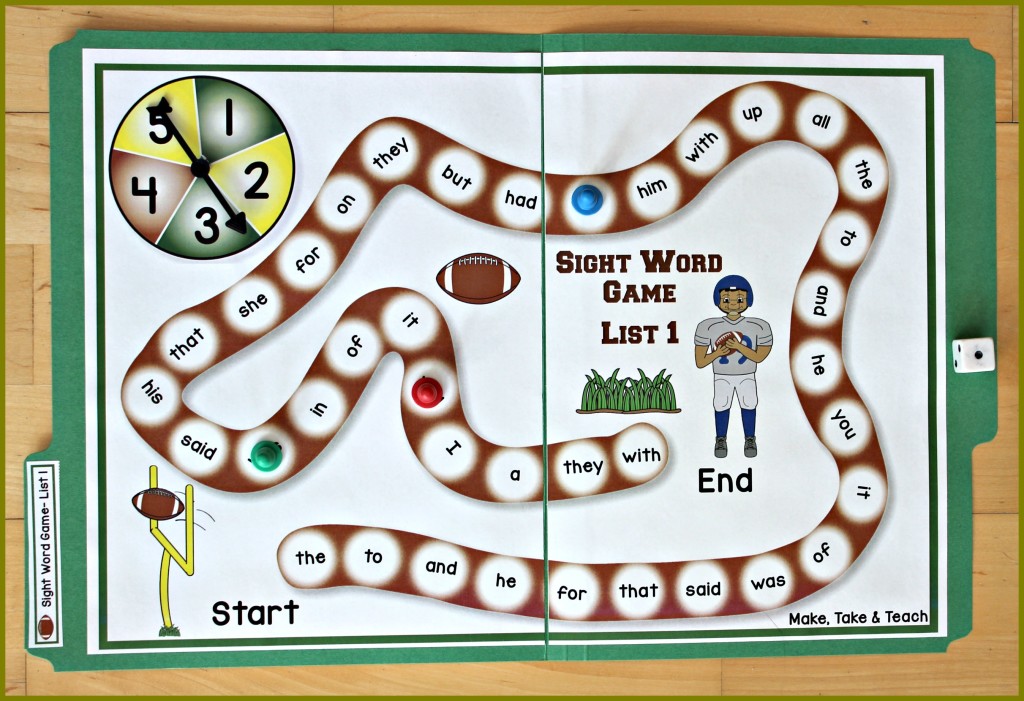
You can keep your mind moving with Arkadium's free online word games. They're fun, educational, rewarding, and completely free to play!
Play our free online word games now and put your vocabulary to the test every day!
What Are Some Good Word Games?
Word games are some of the most popular puzzle activities that Arkadium offers. Here is a list of our favorite free word games you can play online.
Crosswords
Crosswords are fun word puzzles that keep you entertained for hours on end! You fill in grids by solving challenging clues of varying difficulty.
Fun fact: crosswords are one of the most popular word games around. The New York Times crossword has 400,000 thousand subscribers playing daily!
There are a variety of different crosswords you can play online. Try Arkadium's Free Online Daily Crossword Puzzle now!
You can play today's word puzzle and also try games from previous days by searching through the archives.
Word Searches
Word searches are a great way for beginners to enjoy the wonders of word puzzles.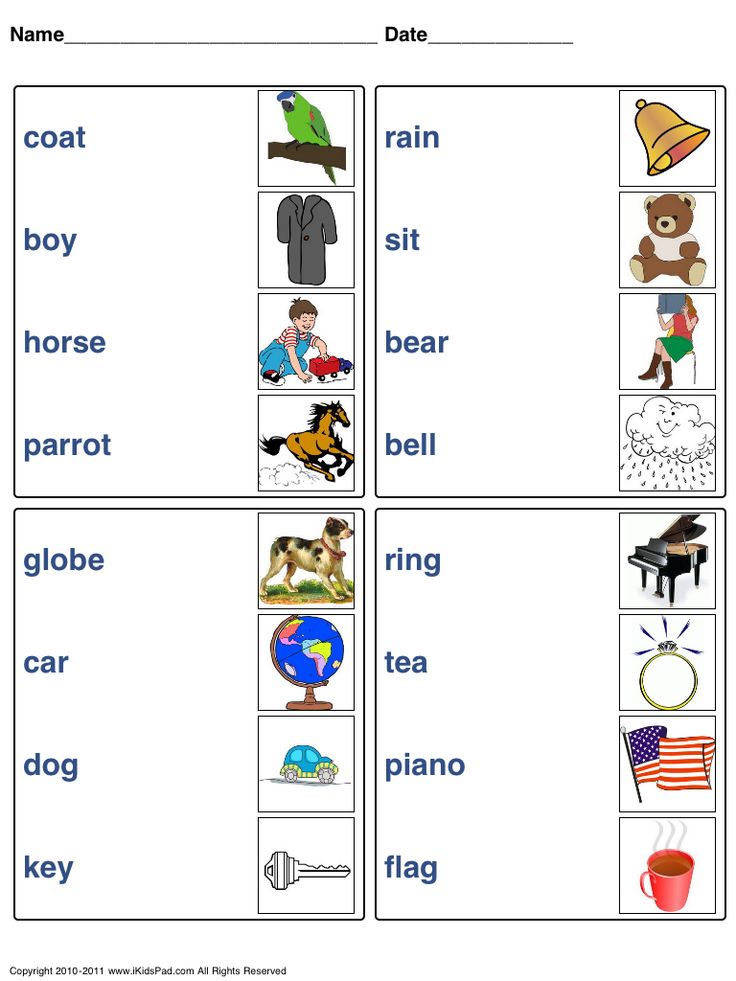 Challenge your observational skills and decipher a grid of letters into thematic words.
Challenge your observational skills and decipher a grid of letters into thematic words.
Are you a word search rookie? Arkadium has a selection of fun word searches to sink your teeth into. Try our Free Daily Word Search Puzzle or Penny Dell Word Search now and see how much fun they are. Kids often love word searches due to the challenging nature of the game, despite the simple rules for playing.
Tile Games
Word tile games are a fantastic way to focus your competitive streak and train your brain.
Beat the competition with obscure words, think tactically, and enrich your mind by playing tile games online.
Tile games are some of the most popular word puzzles here at Arkadium. Try Spellbound and Word Wipe for a real brain training experience! These are among the best word games available.
3 Ways Word Puzzles Are Good for Your Brain
People like to play word games because they're a simple way to exercise your brain. Breaking down problems and coming up with solutions is one of the most engaging ways to have fun online.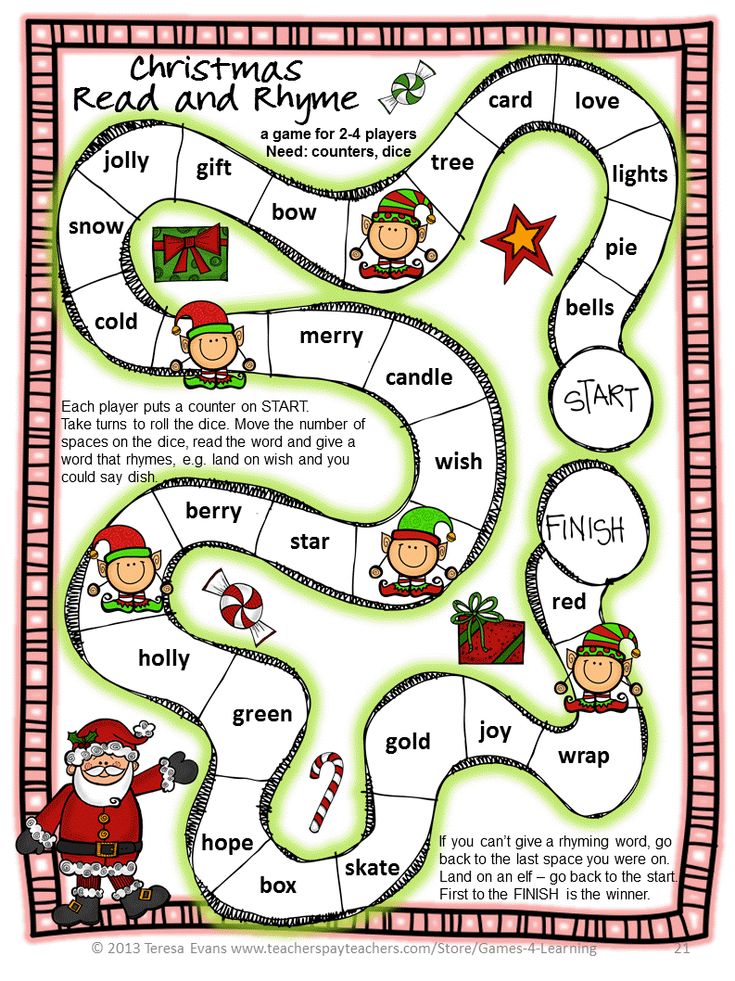
Here are three examples of how playing word games online is great for your brain:
Word Puzzles Can Help Improve Your Memory
You can potentially develop better long and short-term memory by regularly playing word games online. Because word games challenge your mind to identify words, patterns, and spontaneously recall information, they are unique in their ability to sharpen your wits and bolster your memory. Something as simple as a daily crossword can help ensure your mind ages well.
Word Games Help With Your Spelling
Word games are a fun way to help you learn the correct spellings of tricky words, improve your ability to utilize word play, and enable you to avoid losing track at a particularly tricky text twist.
Extend Your Vocabulary With Tricky Word Puzzles
While playing word games you're likely come across new words and phrases. Soon you'll be stringing together impressive new sentences at work and at home. You'll also benefit from practicing these at home because puzzles build upon your prior knowledge to help you grow stronger vocabulary skills, much like hitting the gym does for muscles.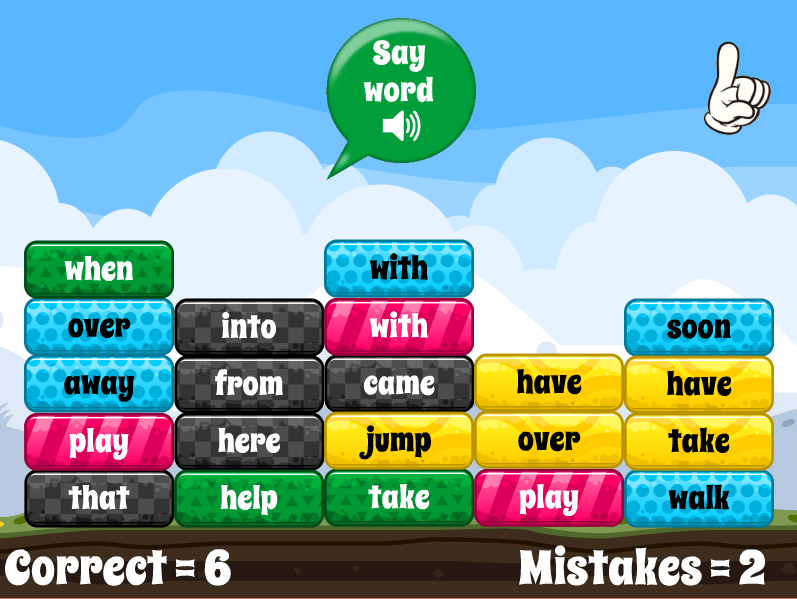
Need a game to train your brain? Keep your mind sharp and play free word games at Arkadium to enhance your problem-solving skills and verbal fluency! Playing word puzzle games ensures you're prepared with much more than a fighting chance. You can conquer any puzzle or vocabulary addition before you if you’ve committed to regular practice.
3 Tips to Solve Word Puzzles
Struggling to solve a word puzzle? Become a confident problem solver with these top word puzzle game tips. These aren’t specific to any one type of word puzzle game, so feel free to apply them to all types of games.
Read the Problem Through Twice
Word puzzles are tough to solve if you don't fully understand the question. Particularly when solving crossword puzzles, it's vital to read the question at least twice. A simple error such as misunderstanding the part of speech that an answer will be in can cost you several minutes, wherein you must resolve several parts of the puzzle.
Whether you're facing a cryptic clue or anything similar, read the problem through twice to make sure you haven't missed a detail.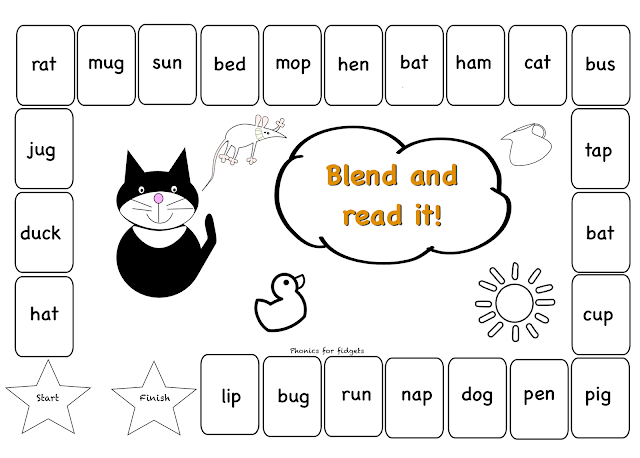
Keep Practicing Word Problems
Word games and puzzles are tough to master, so don’t focus on overnight success. Instead, invest your efforts in learning new words, expanding your vocabulary skills, and conversing with others, such as children, spouses, and colleagues in order to create long-term success.
To become a puzzle-solving master you need to put in a lot of practice, so play word puzzles to your heart's content as you journey toward a bright tomorrow.
You'll soon notice patterns and similarities that help you solve even the most difficult word games.
Search for Multiple Words
Multitasking can be difficult. But when it comes to word puzzles you must bring your A-game. when you scan for multiple word patterns at once, you're able to identify a bulk of word list in a short period of time, then spend your remaining time seeking out the few particularly difficult words, such as those which have been spelled in reverse or listed diagonally.
Don't get bogged down trying to solve one clue or question.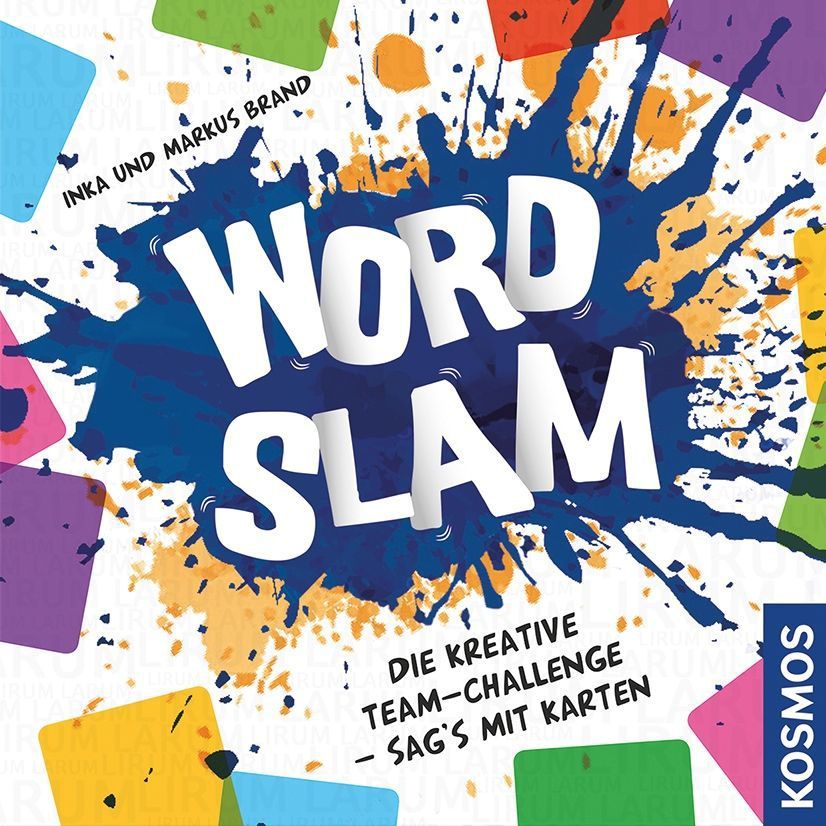 Why? Because there are often multiple tasks to manage. Hints may also be available for particularly troublesome word puzzle elements. Because multiple difficulty levels are available, you can find the right setting to kick off your journey.
Why? Because there are often multiple tasks to manage. Hints may also be available for particularly troublesome word puzzle elements. Because multiple difficulty levels are available, you can find the right setting to kick off your journey.
So look at each task before starting, then focus on the easy ones first and let your subconscious do the hard thinking for the rest.
Think you're ready for a few challenging word puzzles? Test these tips with Arkadium's vast selection of free online word games. Our site even has classic word puzzles such as Hangman, Word Collect, and Swipe. Generally, word games aren’t constrained by time limits, but some allow you to race against the clock in order to keep your motivation up.
Arkadium Has the Best Free Online Word Games
Do you love word games? If so, you're in the right place. Our game library has enough free word games and daily word search games to keep you busy for hours.
Check out Word Wipe and word connect, two of our most popular word search games.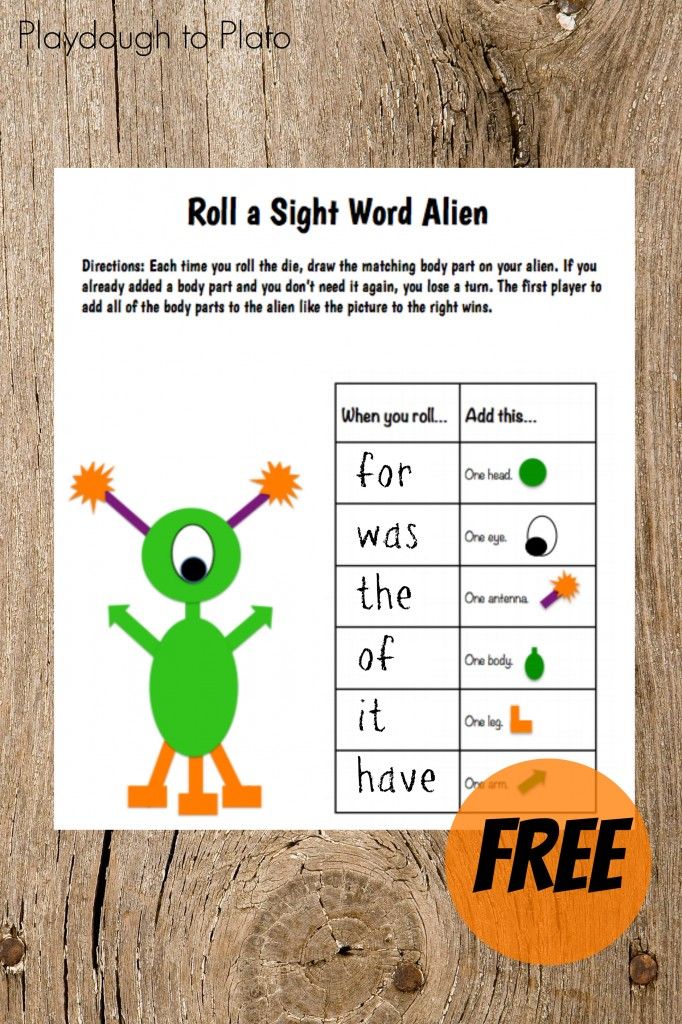
To play, you must race against the clock, forming as many words as possible to advance through the levels and rack up points.
Looking for an online version of scrabble? Try our popular Outspell game. Or have a look at Spellbound, where you compete against the computer, taking turns to build words. Both are great for playing on your desktop computer or on iPad or Android tablets.
If you're looking for something with a slower pace, we have several different word search games and crossword puzzles.
No matter what type of classic word game you're looking for, Arkadium has you covered!
15 Best Free Online Word Games
Michael Kwan • Sep 28, 2022 • 7 min read
Adapted from Getty Images
All you need to play free word games online is a web browser and an internet connection. Challenge your vocabulary and put your puzzle-solving skills to the test. Dare to unscramble letters, find words, and solve mystery phrases. There’s something for everyone on this list of the best online word games you can play for free with no download required.
There’s something for everyone on this list of the best online word games you can play for free with no download required.
Advertisement
Wordmeister
It isn’t always easy or convenient to find a human opponent for Scrabble. And even then, maybe you’d rather play against the computer instead. One of the best free word games online for this purpose is Wordmeister. This single-player Scrabble game follows all the fundamentals of the traditional game. So, it’s a great option for purists who want to brush up on their talents. And if you need any help forming a word, our WordFinder tool can help you the same as it does with Scrabble and Words With Friends.
If you’d rather play against other people, be sure to read through our list of Scrabble games to play with friends online.
wordmeister word game
Lexigo
If you play word games often, you’ll notice that many of them place letters in a grid. Lexigo feels different right away because it arranges letters in a honeycomb pattern. It’s somewhat reminiscent of games like Boggle, but there are some key differences. For starters, the letters are in hexagons. You can also use the same letter more than once, and you must find the target word based on a hint. It’s challenging and rewarding.
It’s somewhat reminiscent of games like Boggle, but there are some key differences. For starters, the letters are in hexagons. You can also use the same letter more than once, and you must find the target word based on a hint. It’s challenging and rewarding.
Google Feud
It’s time to play the feud, search engine style! Fans of the Family Feud game show will instantly recognize the Google Feud format. The difference here is that you’re trying to guess what are the most popular autocomplete phrases in a Google search. For example, you might start with the phrase “I was bitten by a.” The top 10 results are on the board. In this case, the top response is “radioactive pig.” Bet you didn’t see that one coming!
Word Wipe
In Word Wipe, you need to join adjacent letter tiles together to create words. This includes not only horizontal and vertical connections but also diagonal ones, zig-zagging your way through the grid. What makes playing Word Wipe different from other seemingly similar free online word games is that your main goal is to clear rows and columns.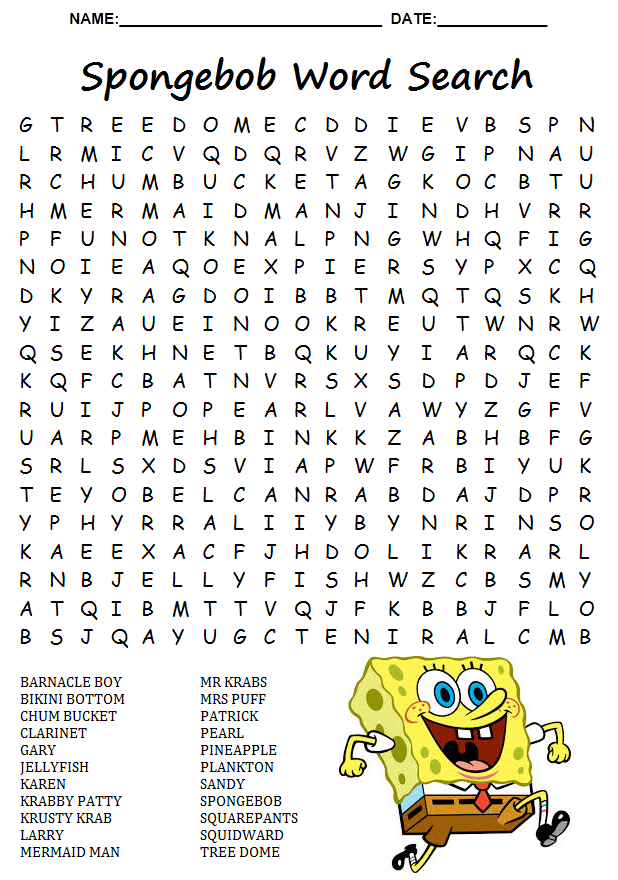 The letters are not replaced as you use them. How many lines can you clear before you run out of time?
The letters are not replaced as you use them. How many lines can you clear before you run out of time?
Wordle
No collection of free online word games is complete without the game that has become a daily ritual for millions of people. Wordle is a simple but compelling game that challenges you to uncover a hidden word. To play, you type a five-letter word and wait to see if any of the letters change color. Yellow letters mean they are part of the answer, and green letters mean they are part of the answer and in the right spot. You use these clues to narrow down your word choices until you find the answer. The Quordle word game is even harder, getting you to guess four words at once.
The game’s difficulty comes from only providing six attempts to spell different words to find the answer. If you need any help finding the right words to play, be sure to consult our win streak-saving Wordle solver.
Skribbl.io
Looking for the best online word games with more of a visual flair? Embrace your inner Picasso with Skribbl. io. Here, you get to enjoy an online version of Pictionary with other players all around the world in real-time. You don’t need to create an account or log in with any credentials. Just enter your name, pick an animated avatar and join a game. You can even create a private room and invite your friends!
io. Here, you get to enjoy an online version of Pictionary with other players all around the world in real-time. You don’t need to create an account or log in with any credentials. Just enter your name, pick an animated avatar and join a game. You can even create a private room and invite your friends!
Read up on classic word games to rediscover more online games inspired by childhood favorites. Remember Boggle and Dungeons and Dragons?
Wander Words
Find the path to form the solution. In Wander Words, you click and drag to connect letters horizontally or vertically. It’s similar to Boggle, in this way, except you use all the letters in a single chain. The game provides a brief clue, like “compound words” or “vehicle.” The solution can be more than one word, like “music teacher.” How many puzzles can you solve in just five minutes?
wander words game
Words With Friends
One of the biggest reasons why Words With Friends is one of the best online word games is its huge community of active players.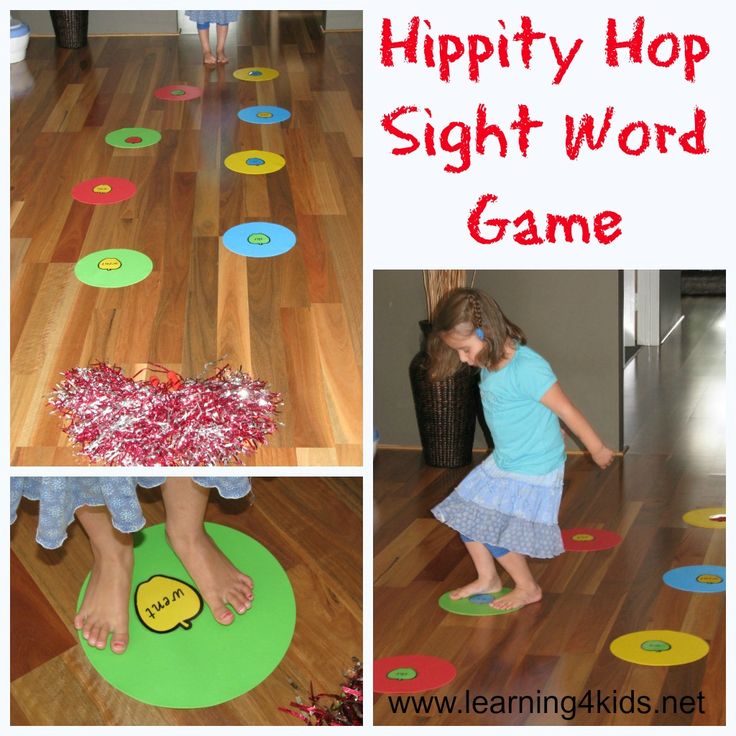 The fresh take on the classic Scrabble game adds useful power-ups, a slightly modified game board, and a convenient Facebook connection to play with friends no matter where they are. It’s easy to play Words With Friends on a computer, because Zynga offers it as a convenient Facebook app. Our handy Words With Friends cheat is ready to help when you need it too.
The fresh take on the classic Scrabble game adds useful power-ups, a slightly modified game board, and a convenient Facebook connection to play with friends no matter where they are. It’s easy to play Words With Friends on a computer, because Zynga offers it as a convenient Facebook app. Our handy Words With Friends cheat is ready to help when you need it too.
Best Anagram Crossword
Crossword puzzles are perennial favorites, but what if you want something just a little different? Best Anagram Crossword is exactly that. You get the familiar crossword puzzle layout, except the clues for each word are actually anagrams of the solutions. It’s a clever combination of two common word game dynamics. And, when you’re feeling stuck, know that our handy anagram solver is always here to help.
best anagram crossword online game
Daily Word Search
If it ain’t broke, don’t fix it. The Daily Word Search on MSN Games Zone is exactly what you need when you want to fill out a word search from the convenience of your web browser.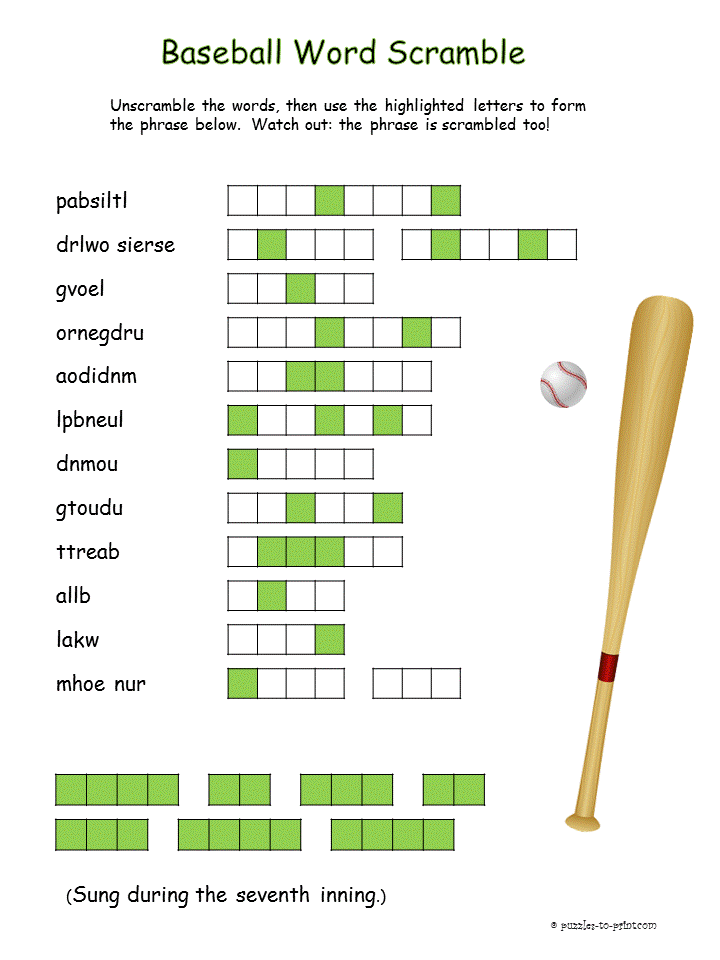 Each word search puzzle fits a theme, like “golf” or “camping.” As is par for the word search course, the words are hidden upward and downward, forward and backward. Simply click, hold and highlight. There’s a new word search every day.
Each word search puzzle fits a theme, like “golf” or “camping.” As is par for the word search course, the words are hidden upward and downward, forward and backward. Simply click, hold and highlight. There’s a new word search every day.
Wordscapes
The game you love to play on your smartphone is just as easy to play online on your computer. The Wordscapes Facebook app works exactly the same way as its mobile counterpart. You get a circle of up to seven letters, connecting them together to form words to complete each puzzle. Participate in the weekly Wordscapes tournaments to earn coins and crowns. When you’re stumped, our comprehensive Wordscapes answers site has what you need to win too.
Wheel of Fortune Toss-Up Challenge
Love the game show on TV? Feel like you’re right there with Pat Sajak and Vanna White with the Wheel of Fortune Toss-Up Challenge. This totally free online word game is also totally official and playable on the Wheel of Fortune website directly. It recreates the toss-up challenge from the TV show, revealing one letter at a time until you’re ready to solve. There are three rounds with three puzzles each, followed by a bonus round.
It recreates the toss-up challenge from the TV show, revealing one letter at a time until you’re ready to solve. There are three rounds with three puzzles each, followed by a bonus round.
Scramble Words
Another excellent word game online for anagram fans is Scramble Words. If you’ve ever played a game like Word Cookies or Wordscapes Uncrossed, you’ll feel right at home here. Unscramble the letters to make new words and complete the puzzle. The main difference is that your letters are arranged in a simple row, like a Scrabble rack, instead of in a circle.
Codeword
What do you get when you cross a crossword puzzle with a dash of sudoku? Codeword is one of the best online word games you can play for free with no download. Words interconnect on a grid, and the numbers in each crossword space correspond to a specific letter. For example, every “2” in the puzzle might be the letter “E.” The puzzle uses all 26 letters at least once. This is a fun and engaging challenge for sure!
Mini Crossword
Part of the reason why you want to play these word games online is because they’re quick and convenient. If you only have a few extra minutes to spare, the Mini Crossword on the LA Times website could be the ticket. Regular crossword puzzles could take hours to complete. By comparison, you’ll only find about 10 clues in the Mini Crossword. And each word is no more than five letters long.
If you only have a few extra minutes to spare, the Mini Crossword on the LA Times website could be the ticket. Regular crossword puzzles could take hours to complete. By comparison, you’ll only find about 10 clues in the Mini Crossword. And each word is no more than five letters long.
mini crossword games la times
Play Word Games Online With Friends
Sometimes, you want to play your favorite free word games alone. Other times, though, you want to play with friends. Just because you’re physically apart doesn’t mean you can’t partake in a fun game together. There are tons of free online word games to play with other people. Who has the stronger vocabulary or puzzle-solving ability? Who will come out on top?
Michael Kwan is a professional writer and editor with over 14 years of experience. Fueled by caffeine and WiFi, he's no stranger to word games and dad jokes.
Advertisement
Games
The Definitive Best Wordle Starting Words (and Why)
Jun 17, 2022 • 11 min read
Talking Pundle With Its Creators: A Groan-Inducing, Wordle-Inspired Game
May 30, 2022 • 26 min read
Alexa Word Games From Classic to Creative
Sep 23, 2021 • 5 min read
7 word games suitable for children of any age
When there is no energy left for active games that require careful preparation, word games come to the rescue.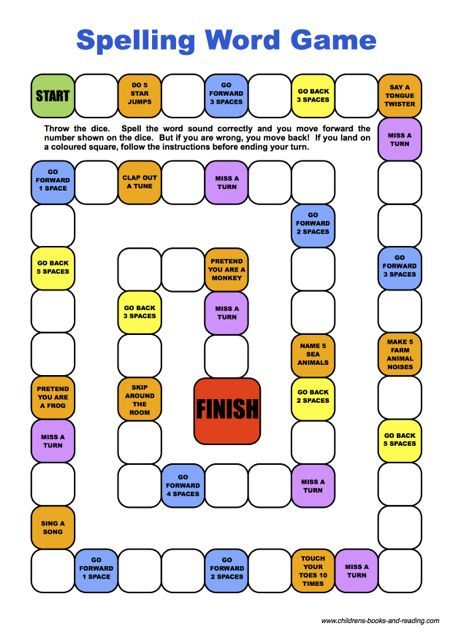 We've put together a selection of seven cool games that all you need to do is be in the company of more than two people and be in a good mood! You can also play them via video link.
We've put together a selection of seven cool games that all you need to do is be in the company of more than two people and be in a good mood! You can also play them via video link.
1. "Guess the word!"
Number of players: from 2 people
Very simple and funny game. Headphones are put on one player, in which music plays loudly so that he does not hear anything. His task is to guess the word by the lips when another player says it. If several people are involved, then you can explain the word in turn or split into pairs.
2. “I will never…”
Number of players: from 2 people
Today this game has many variations. We offer the most common version. Participants take turns to name some action that they have never done. For example, player A says, "I've never been late for class." Everyone who was late for them bends one finger. The game continues until one of the participants has all their fingers bent. According to the main version of the game, the person who was the first to bend all the fingers lost, but lived the most eventful life!
By the way, you can also play in English if you want a different level of difficulty.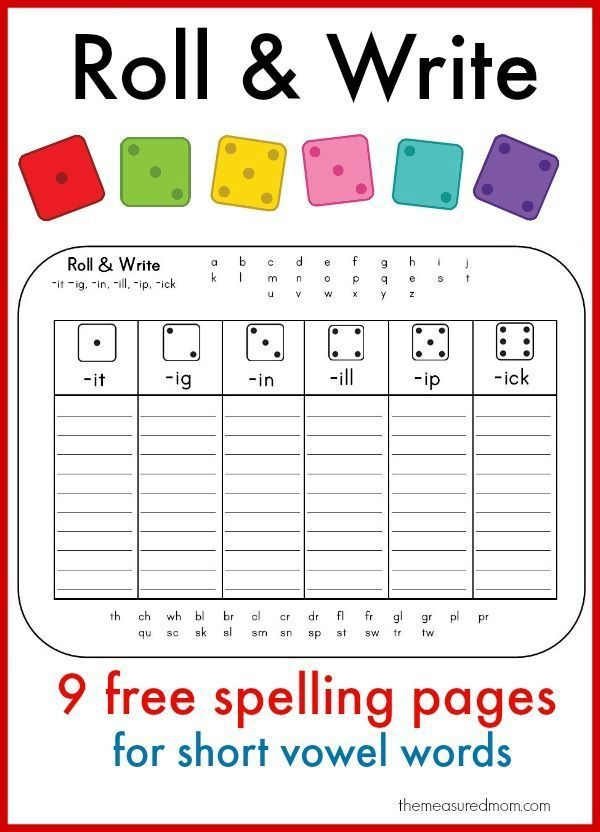
3. "Thematic words"
Number of players: from 2 people
The rules of the game are extremely simple. You and other participants need to come up with a topic on which you will name the words. For example, "school". Then all participants in a circle should name nouns that relate to the main topic. If one of the participants thinks for more than five seconds or repeats an already spoken word, he is eliminated. The last one left wins. When the circle is over, you can start a new one on a different topic until one of the participants wins, for example, three times.
4. "P"
Number of players: from 3 people
First, all players need to agree on which words will be used throughout the game: only nouns, or names, verbs and phrases can be used. Then one player guesses a word in the ear of the other. He must explain it to another participant in the game, using only words that begin with the letter "p" to describe it. For example: “Please look, think, the postman brings mail .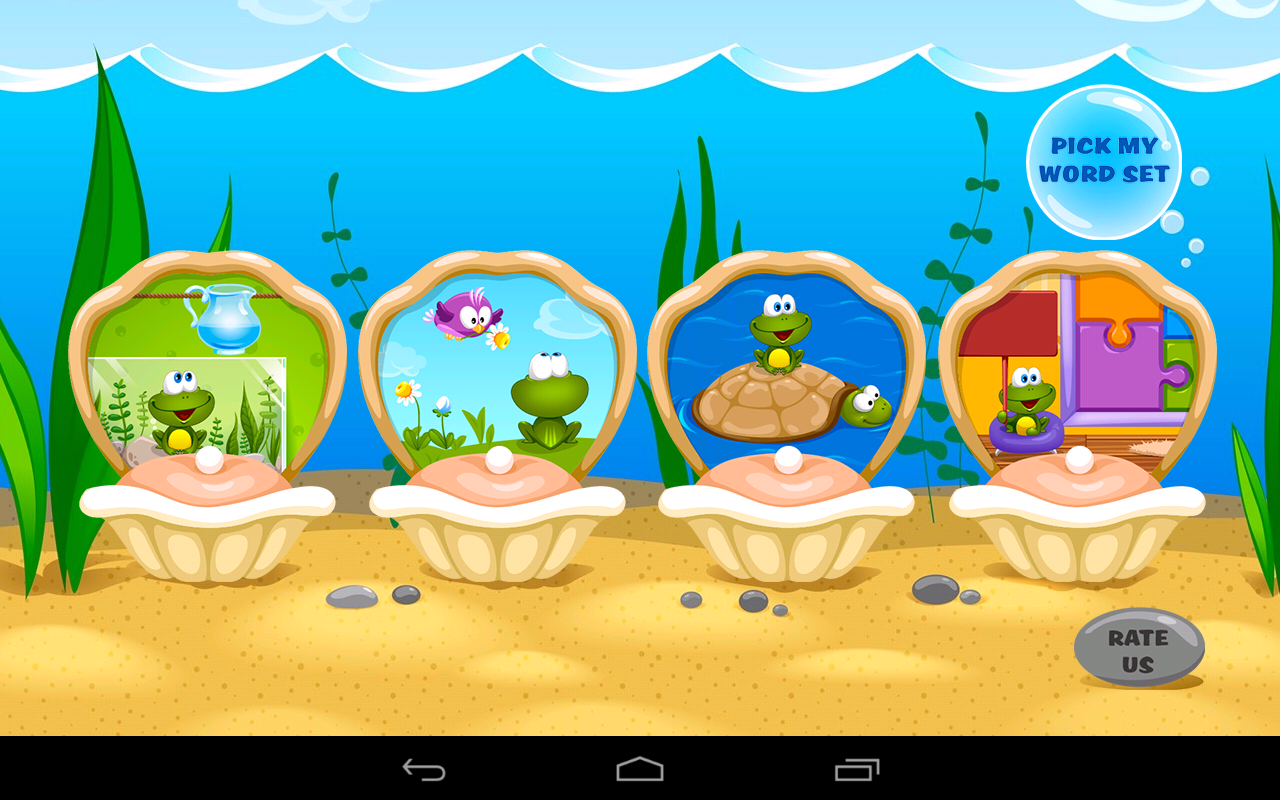 ..” The task of all players is to name the hidden word. When it is named, the explainer comes up with a new one for the guesser.
..” The task of all players is to name the hidden word. When it is named, the explainer comes up with a new one for the guesser.
If this version of the game is already fed up, we suggest guessing not only a word, but also a letter with which the player needs to explain the word.
By the way, the explainer also needs to express agreement or disagreement with the train of thought of the players who guess, only in words beginning with the chosen letter. For example, "right" and "think better."
5. "I'm taking with me on a hike..."
Number of players: from 3 people
At the beginning of the game, you need to choose a leader. This person must come up with a principle by which he will take others with him on a campaign. For example, those who name objects with a specific letter, or those whose words consist of five letters.
Next, the players take turns saying the phrase "I'm taking with me on a hike ..." and naming the object. If he fits the conceived principle, then the leader answers: "Yes, and you are going on a hike with me. " If the word does not fit: "No, you are not going camping with me."
" If the word does not fit: "No, you are not going camping with me."
The task of all players is to guess the principle by which the leader selects people. If one of the participants guesses, he should quietly express his guess in the ear of the presenter or write on the phone. The game continues until everyone has guessed the principle.
6. Alibi
Number of players: from 4 people
At the beginning of the game, you need to choose two people who will play the role of criminals. They must isolate themselves from the rest in another room and think through to the smallest detail what they did together on the day they robbed the bank: what the weather was like, what they were wearing, who they met on the street, the whole sequence of actions. The main goal of criminals is to come up with the perfect alibi.
While they are doing this, the other players turn into detectives. They need to come up with 10-15 questions that they will ask the criminals in order to bring them to clean water and solve the crime.
When both teams are ready, the first criminal enters the room and begins to tell what he did on the day of the crime, from morning to evening. It is important that the second criminal at this moment remains in another room and does not hear the speech of the first. When the first one finishes speaking, the detectives ask him prepared questions and memorize the answers. After that, the second criminal enters the room, tells his story and also answers questions.
The team of detectives wins the game if they find three inconsistencies in the criminals' story. For example, one said that they were traveling in the morning by bus, and the other by car. If no disagreement is found, then the team of criminals wins. The number of questions and inconsistencies may change at the request of the participants.
7. "Contact"
Number of players: from 4 people
At the beginning of the game, a leader is chosen. He thinks of a word - a noun in the singular.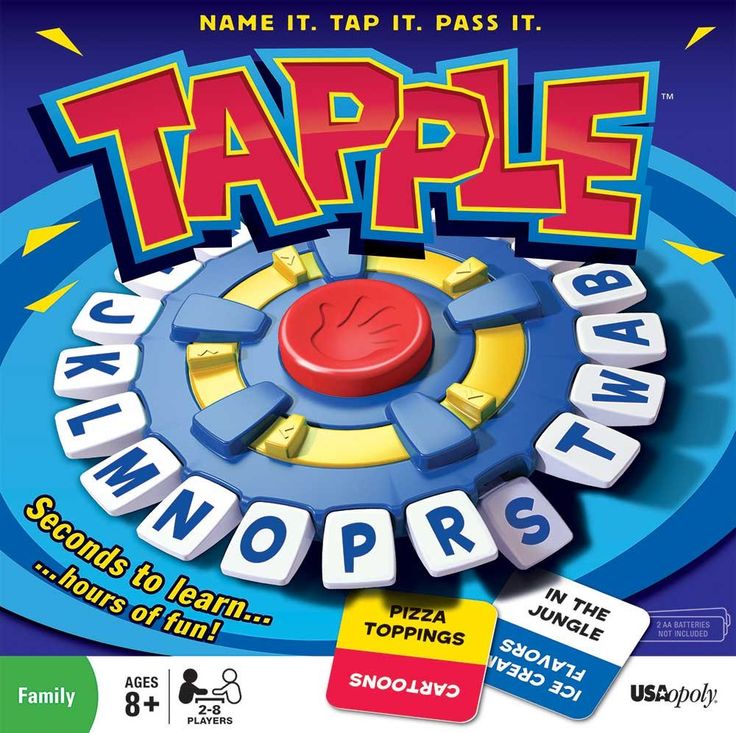 And calls the other participant the first letter. For example, "a".
And calls the other participant the first letter. For example, "a".
Next, any player from the team who has come up with a word for this letter must begin to explain it to his teammates. It is necessary that they guess, but not the host. For example, Sasha says: "This is such a sweet large red fruit that everyone eats in the summer." If one of the players guessed what it was about, he should say: "There is a contact." After that, they together count aloud from one to five. If the word matches, the leader calls the next letter. For example, in". Players must now come up with words based on the beginning with "av". If the words of the players did not match or the leader managed to name the word while two players counted to five, then the participants continue to play with one letter.
Explain with an example. The host announces that his word begins with the letter "a". Sasha comes up with any word and says: “Guys, this is such a public transport ...” Roma guesses what it is about and says: “There is a contact!” Together they count to five, and both say the word "bus" aloud.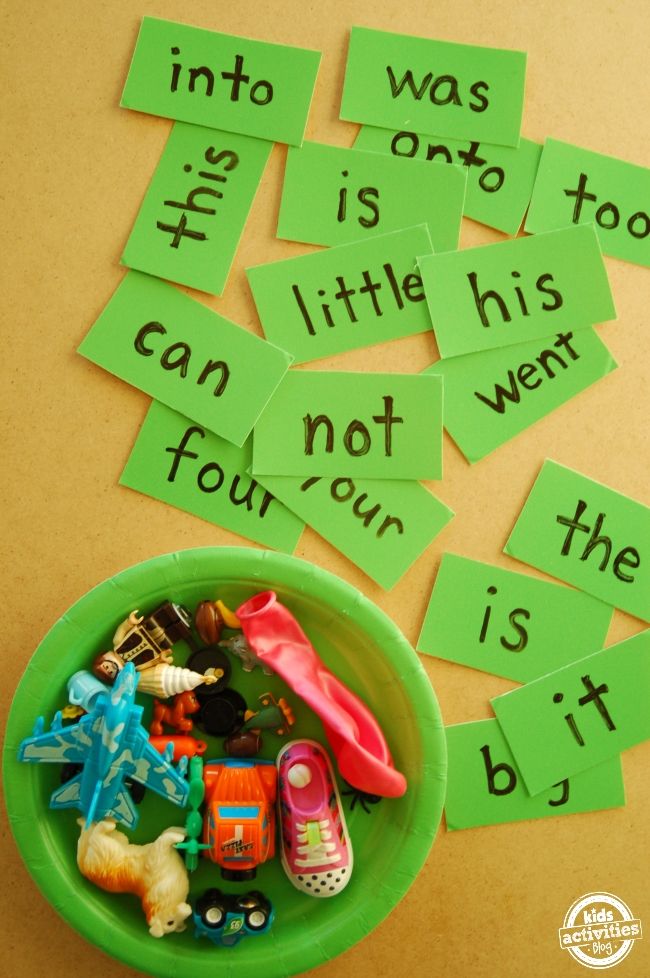 The word matched. Therefore, the leader says: "The second letter is" p "". Roma says: "A stringed musical instrument." Masha guesses about the word and shouts: "There is a contact!" They start counting up to five, but on the third second, the presenter calls the word "harp", which Roma made up. Therefore, he does not tell them the third letter.
The word matched. Therefore, the leader says: "The second letter is" p "". Roma says: "A stringed musical instrument." Masha guesses about the word and shouts: "There is a contact!" They start counting up to five, but on the third second, the presenter calls the word "harp", which Roma made up. Therefore, he does not tell them the third letter.
The goal of the game is to guess the word the host has in mind. This can be done both in the process of guessing, and by naming it right away (there are such cases).
Illustration: Shutterstock (arkana.studio)
Word games • Arzamas
You have Javascript disabled. Please change your browser settings.
Children's room ArzamasMaterialsMaterials
Arzamas for classes with schoolchildren! A selection of materials for teachers and parents
Everything you can do in an online lesson or just for fun
Cartoons win festivals. Part 2
Fairy tales, parables, experiments and absurdity
Guide to Yasnaya Polyana
Leo Tolstoy's favorite bench, greenhouse, stable and other places of the museum-estate of the writer that are worth seeing with children
Children's poems oberiutov 9003 , Zabolotsky and Vladimirov about cats, tigers, fishermen and boys named Petya
Migrants: how to fight for their rights with the help of music
Hip-hop, carnival, talking drums and other non-obvious ways
Old records: fairy tales of the peoples of the world
Listening and analyzing Japanese, Italian, Scandinavian and Russian fairy tales 9002 Video 9003 : ISS commander asks a scientist about space
Lecture at an altitude of 400 kilometers
How to make a movie
Horror, comedy and melodrama at home
The most unusual animation techniques
VR, sunbeams, jelly and spice cartoons
Play the world's percussion instruments
Learn how the gong, marimba and drum work and build your own orchestra
How to put on a show
Shadow theater and other options for reading performances for children
Soviet puzzles
Solve children's puzzles of the 1920s-70s
22 cartoons for the smallest
What to watch if you are not six
From "The Wild Dog Dingo" to "Timur and his team"
What you need to know about the main Soviet books for children and teenagers
A guide to children's poetry of the 20th century
From Agnia Barto to Mikhail Yasnov: children's poems in Russian 9003
10 books by artists
The pages of tracing paper are Milanese fog, and the binding is the border between reality and fantasy
How to choose a modern children's book
“Like Pippi, only about love”: explaining new books through old ones
Word games
"Hat", "telegrams", "MPS" and other old and new games
Games from classic books
What the heroes of the works of Nabokov, Lindgren and Milne play
Plasticine animation: Russian school
3 From "Plasticine Crow" to plasticine "Sausage"
Cartoons - winners of festivals
"Brave Mom", "My Strange Grandfather", "Very Lonely Rooster" and others
Non-fiction for children
How the heart of a whale beats, what is inside the rocket and who plays the didgeridoo - 60 books about the world around
Guide to foreign popular music
200 artists, 20 genres and 1000 songs to help you understand the music of the 1950s-2000s
Cartoons based on poems
Poems by Chukovsky, Kharms, Gippius and Yasnov in Russian animation
Home games
Shadow theater, crafts and paper dolls from children's books and magazines of the 19th–20th centuries
Books for the little ones
Modern literature from 0 to 5: read, look at, study
Puppet animation: Russian school
Amorous Crow, Imp No.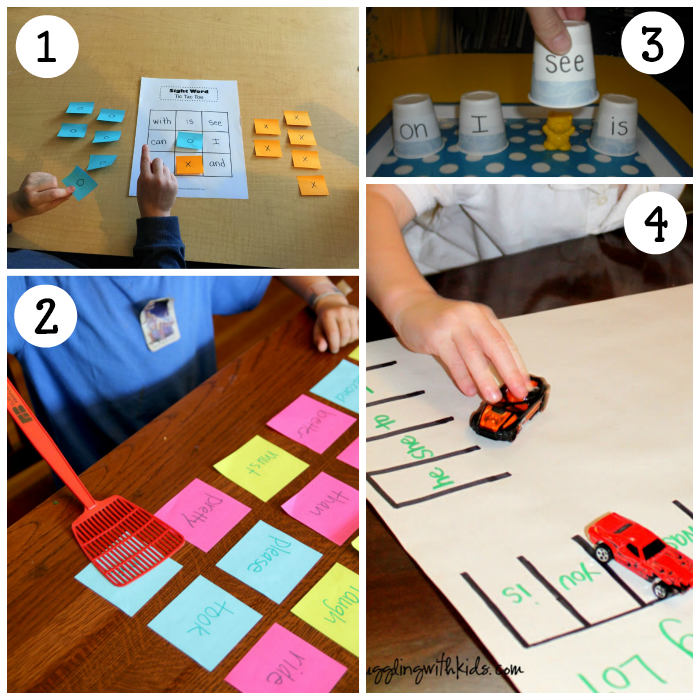 13, Lyolya and Minka and other old and new cartoons
13, Lyolya and Minka and other old and new cartoons
Smart coloring books
Museums and libraries offer to paint their collections
Reprints and reprints of children's books
Favorite fairy tales, stories and magazines of the last century, which can be bought again
What can be heard in classical music
Steps on ice, the voice of a cuckoo and the sounds of a night forest in great compositions of the 18th–20th centuries
Soviet educational cartoons
Archimedes, dinosaurs, Antarctica and space - popular science cartoons in the USSR
Logic problems
Settle the wise men's dispute, make a bird out of a shirt and count the kittens correctly
Modern children's stories
The best short stories about grandmothers, cats, spies and knights
How Russian lullabies work
We explain why a spinning top is scary and why you shouldn't lie down on the edge. Bonus: 5 lullabies “Naada”
Musical Tales
As Tchaikovsky, Rimsky-Korsakov and Prokofiev work with children's fairy tales
Armenian animation school
The most rebellious cartoons of the Soviet Union
Dina Goder
Grand Director Great cartoon festival advises what to watch with a child
Cartoons about art
How to tell children about Picasso, Pollock and Tatlin using animation
40 riddles about everything in the world
What burns without fire and who has a sieve in his nose: riddles from "Chizh", "Hedgehog" books by Marshak and Chukovsky
Yard games
Traffic light, Shtander, Ring and other games for a large company
Poems that are interesting to learn by heart
autumn
Old audio plays for children
Ole Lukoye, The Gray Sheika, Cinderella and other interesting Soviet recordings
Classical music cartoons
How animation works with the music of Tchaikovsky, Verdi and Glass
How children work counting rhymes
“Ene, bene, slave, kvanter, manter, toad”: what does it all mean
“Hat”, “telegrams”, “MPS” and other games that require almost nothing but company and a desire to spend time properly
Author Lev Gankin
Primer “A. B. C. Trim, alphabet enchanté. Illustrations by Bertal. France, 1861 Wikimedia Commons
B. C. Trim, alphabet enchanté. Illustrations by Bertal. France, 1861 Wikimedia Commons Oral games
Associations
Game for a big company. The host briefly leaves the room, during which time the rest decide which of those present they will guess (this may be the host himself). Upon returning, the player asks the others questions - what flower do you associate this person with, what vehicle, what part of the body, what kitchen utensils, etc. - in order to understand who is hidden. Questions can be very different - this is not limited by anything other than the imagination of the players. Since associations are an individual matter and an exact match may not happen here, it is customary to give the guesser two or three attempts. If the company is small, you can expand the circle of mutual acquaintances who are not present at that moment in the room, although the classic version of "associations" is still a hermetic game.
Game of P
A game for a company of four people, an interesting variation on the "hat" theme (see below), but does not require any special accessories. One player guesses a word to another, which he must explain to the others, but he can only use words starting with the letter "p" (any, except for the same root). That is, the word "house" will have to be explained, for example, as follows: "I built - I live." If you couldn’t guess right away, you can throw up additional associations: “building, premises, space, the simplest concept ...” And at the end add, for example, “Perignon” - by association with Dom Perignon champagne. If the guessers are close to winning, then the facilitator will need comments like “about”, “approximately”, “almost right” - or, in the opposite situation: “bad, wait!”. Usually, after the word is guessed, the explainer comes up with a new word and whispers it into the ear of the guesser - he becomes the next leader.
One player guesses a word to another, which he must explain to the others, but he can only use words starting with the letter "p" (any, except for the same root). That is, the word "house" will have to be explained, for example, as follows: "I built - I live." If you couldn’t guess right away, you can throw up additional associations: “building, premises, space, the simplest concept ...” And at the end add, for example, “Perignon” - by association with Dom Perignon champagne. If the guessers are close to winning, then the facilitator will need comments like “about”, “approximately”, “almost right” - or, in the opposite situation: “bad, wait!”. Usually, after the word is guessed, the explainer comes up with a new word and whispers it into the ear of the guesser - he becomes the next leader.
Lectures for children on this topic:
Course of lectures for children about the languages of the world
How many languages in the world, how do they differ and how are they similar to each other
Course of lectures for children about strange and new words of the Russian language
Why linguists study jargon, parasitic words and speech errors
Primer "A. B. C. Trim, alphabet enchanté. Illustrations by Bertal. France, 1861 Wikimedia Commons
B. C. Trim, alphabet enchanté. Illustrations by Bertal. France, 1861 Wikimedia Commons Say the Same Thing
An upbeat and fast-paced game for two, named after a video clip by the inventive rock band OK Go, from which many people learned about it (the musicians even developed a mobile application that helps to play it from a distance, although it is currently unavailable). The meaning of the game is that on the count of one-two-three each of the players pronounces a randomly chosen word. Further, the goal of the players is, with the help of successive associations, to come to a common denominator: for the next time, two or three, both pronounce a word that is somehow connected with the previous two, and so on until the desired coincidence occurs. Suppose the first player said the word "house" and the second player said the word "sausage"; in theory, they can coincide very soon, if on the second move after one-two-three both say "store". But if one says “shop”, and the other says “refrigerator” (why not a sausage house?), then the game can drag on, especially since it’s impossible to repeat - neither the store nor the refrigerator will fit, and you will have to think, say, before "refrigerator" or "IKEI". If the original words are far from each other (for example, "curb" and "weightlessness"), then the gameplay becomes completely unpredictable.
If the original words are far from each other (for example, "curb" and "weightlessness"), then the gameplay becomes completely unpredictable.
Characters
A game for the company (the ideal number of players is from four to ten), which requires from the participants not only a good imagination, but also, preferably, a little bit of acting skills. As usual, one of the players briefly leaves the room, and while he is gone, the rest come up with a word, the number of letters in which matches the number of participants remaining in the room. Next, the letters are distributed among the players, and a character is invented for each of them (therefore, words that contain "b", "s" or "b" do not fit). Until the word is guessed, the players behave in accordance with the chosen character - the leader's task is to understand exactly what characters his partners portray and restore the hidden word. Imagine, for example, that a company consists of seven people. One leaves, the rest come up with a six-letter word "old man" and distribute roles among themselves: the first, say, will be with indoor, the second - t erpel, the third - a secondary, the fourth - p asylum, the fifth - and mane and sixth - to ovary. The returning player is greeted by a cacophony of voices - the company "lives" their roles until they are unraveled, and the host asks the players questions that help reveal their image. The only condition is that as soon as the presenter pronounces the correct character - for example, guesses the insidious one - he must admit that his incognito has been revealed and announce the number of his letter (in the word "old man" - the sixth).
The returning player is greeted by a cacophony of voices - the company "lives" their roles until they are unraveled, and the host asks the players questions that help reveal their image. The only condition is that as soon as the presenter pronounces the correct character - for example, guesses the insidious one - he must admit that his incognito has been revealed and announce the number of his letter (in the word "old man" - the sixth).
Recognize the song
A game for a company of four to five people. The host leaves, and the remaining players choose a well-known song and distribute its words among themselves - each word. For example, the song “Let there always be sun” is guessed: one player gets the word “let”, the second - “always”, the third - “will be”, the fourth - “sun”. The host returns and begins to ask questions - the most diverse and unexpected: "What is your favorite city?", "Where does the Volga flow?", "What to do and who is to blame?".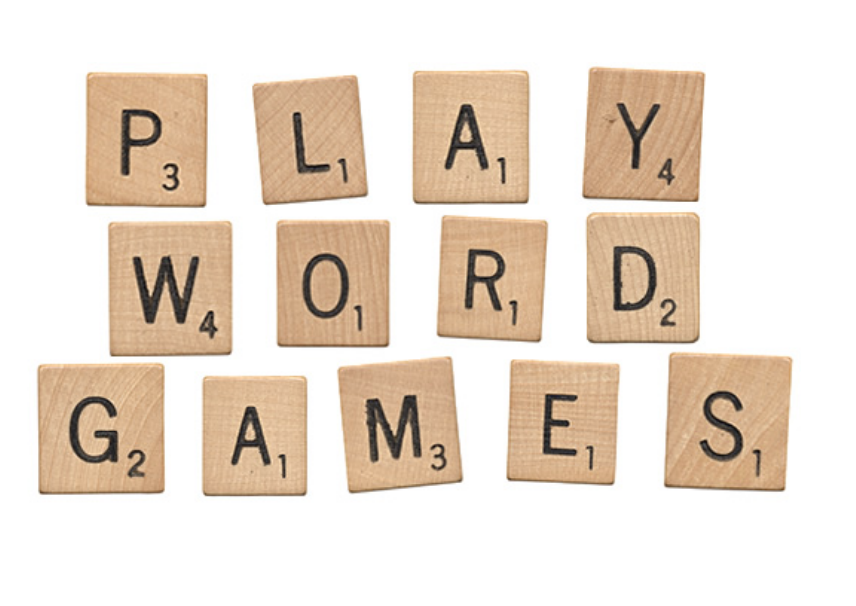 The task of the respondents is to use their own word in the answer and try to do it in such a way that it does not stand out too much; you need to answer quickly and not very extensively, but not necessarily truthfully. Answers to questions in this case can be, for example, “It’s hard for me to choose one city, but let today it will be Rio de Janeiro" or "Volga - into the Caspian, but this does not happen always , every third year it flows into the Black". The presenter must catch which word is superfluous in the answer and guess the song. They often play with lines from poetry rather than from songs.
The task of the respondents is to use their own word in the answer and try to do it in such a way that it does not stand out too much; you need to answer quickly and not very extensively, but not necessarily truthfully. Answers to questions in this case can be, for example, “It’s hard for me to choose one city, but let today it will be Rio de Janeiro" or "Volga - into the Caspian, but this does not happen always , every third year it flows into the Black". The presenter must catch which word is superfluous in the answer and guess the song. They often play with lines from poetry rather than from songs.
Tip
A game for four people divided into pairs (in principle, there can be three or four pairs). The mechanics is extremely simple: the first player from the first pair whispers a word (a common noun in the singular) into the ear of the first player from the second pair, then they must take turns calling their associations with this word (in the same form - common nouns; cognate words cannot be used ). After each association, the teammate of the player who voiced it calls out his word, trying to guess if it was originally guessed - and so on, until the problem is solved by someone; at the same time, all associations already sounded in the game can be used in the future, adding one new one at each move. For example, suppose there are players A and B on one team, and C and D on the other. Player A whispers the word "old man" into player C's ear. Player C says aloud to his partner D: "age". If D immediately answers "old man", then the pair of C and D scores a point, but if he says, for example, "youth", then the move goes to player A, who, using the word "age" suggested by C (but discarding the irrelevant to the case "youth" from D), says to his partner B: "age, man." Now B will probably guess the old man - and his team with A will already earn a point. But if he says "teenager" (thinking that it is about the age when boys turn into men), then C, to whom the move suddenly returned, will say " age, man, eightieth birthday”, and here, probably, “old man” will be guessed.
After each association, the teammate of the player who voiced it calls out his word, trying to guess if it was originally guessed - and so on, until the problem is solved by someone; at the same time, all associations already sounded in the game can be used in the future, adding one new one at each move. For example, suppose there are players A and B on one team, and C and D on the other. Player A whispers the word "old man" into player C's ear. Player C says aloud to his partner D: "age". If D immediately answers "old man", then the pair of C and D scores a point, but if he says, for example, "youth", then the move goes to player A, who, using the word "age" suggested by C (but discarding the irrelevant to the case "youth" from D), says to his partner B: "age, man." Now B will probably guess the old man - and his team with A will already earn a point. But if he says "teenager" (thinking that it is about the age when boys turn into men), then C, to whom the move suddenly returned, will say " age, man, eightieth birthday”, and here, probably, “old man” will be guessed. In one of the variants of the game, it is also allowed to "shout": this means that, having suddenly guessed what was meant, the player can shout out the option not on his turn. If he guessed right, his team will get a point, but if he rushed to conclusions, the team will lose a point. They usually play up to five points.
In one of the variants of the game, it is also allowed to "shout": this means that, having suddenly guessed what was meant, the player can shout out the option not on his turn. If he guessed right, his team will get a point, but if he rushed to conclusions, the team will lose a point. They usually play up to five points.
IPU
Game for a big company. Here we are forced to warn readers that, having seen this text in full, you will never be able to drive again - the game is one-time.
Spoiler →
First, the player who gets to drive leaves the room. When he returns, he must find out what MPS means - all that is known in advance is that the bearer of this mysterious abbreviation is present in the room right now. To find out the correct answer, the driver can ask other players questions, the answers to which should be formulated as “yes” or “no”: “Does he have blond hair?”, “Does he have blue eyes?”, “Is this a man?”, “He in jeans?", "Does he have a beard?"; moreover, each question is asked to a specific player, and not to all at once.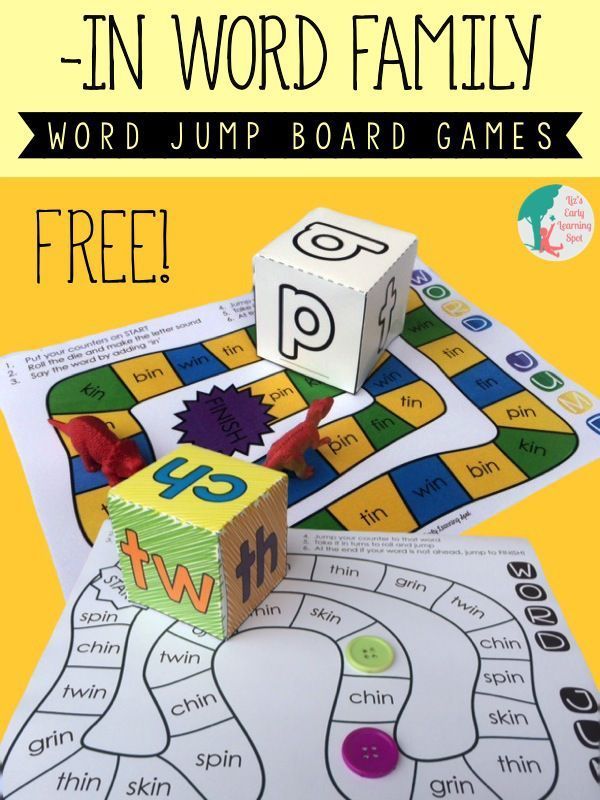 Most likely, it will quickly become clear that there is simply no person in the room who meets all the criteria; Accordingly, the question arises, according to what principle the players give answers. "Opening" this principle will help answer the main question - what is MPS. The Ministry of Railways is not the Ministry of Communications at all, but m oh p right s seated (that is, each player always describes the person sitting to his right). Another option is COP, to then to answered to last (that is, everyone talks about who answered the previous question).
Most likely, it will quickly become clear that there is simply no person in the room who meets all the criteria; Accordingly, the question arises, according to what principle the players give answers. "Opening" this principle will help answer the main question - what is MPS. The Ministry of Railways is not the Ministry of Communications at all, but m oh p right s seated (that is, each player always describes the person sitting to his right). Another option is COP, to then to answered to last (that is, everyone talks about who answered the previous question).
Contact
A simple game that can be played with a group of three or more people. One thinks of a word (noun, common noun, singular) and calls its first letter aloud, the task of the others is to guess the word, remembering other words with this letter, asking questions about them and checking if the presenter guessed.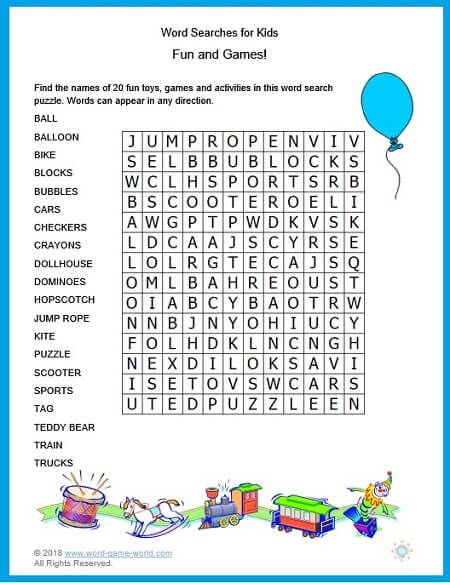 The facilitator's task is not to reveal the next letters in the word to the players for as long as possible. For example, a word with the letter "d" is guessed. One of the players asks the question: “Is this by chance not the place where we live?” This is where the fun begins: the host must figure out as quickly as possible what the player means and say “No, this is not“ house ”” (well, or, if it was a“ house ”, honestly admit it). But in parallel, other players also think the same thing, and if they understand what “house” means before the leader, then they say: “contact” or “there is contact”, and start counting up to ten in chorus (while the count is going on, the presenter still has a chance to escape and guess what it is about!), and then they call the word. If at least two matched, that is, at the expense of ten they said “house” in chorus, the presenter must reveal the next letter, and the new guesser version will already begin with the now known letters “d” + the next one. If it was not possible to beat the host on this question, then the guessers offer a new option.
The facilitator's task is not to reveal the next letters in the word to the players for as long as possible. For example, a word with the letter "d" is guessed. One of the players asks the question: “Is this by chance not the place where we live?” This is where the fun begins: the host must figure out as quickly as possible what the player means and say “No, this is not“ house ”” (well, or, if it was a“ house ”, honestly admit it). But in parallel, other players also think the same thing, and if they understand what “house” means before the leader, then they say: “contact” or “there is contact”, and start counting up to ten in chorus (while the count is going on, the presenter still has a chance to escape and guess what it is about!), and then they call the word. If at least two matched, that is, at the expense of ten they said “house” in chorus, the presenter must reveal the next letter, and the new guesser version will already begin with the now known letters “d” + the next one. If it was not possible to beat the host on this question, then the guessers offer a new option.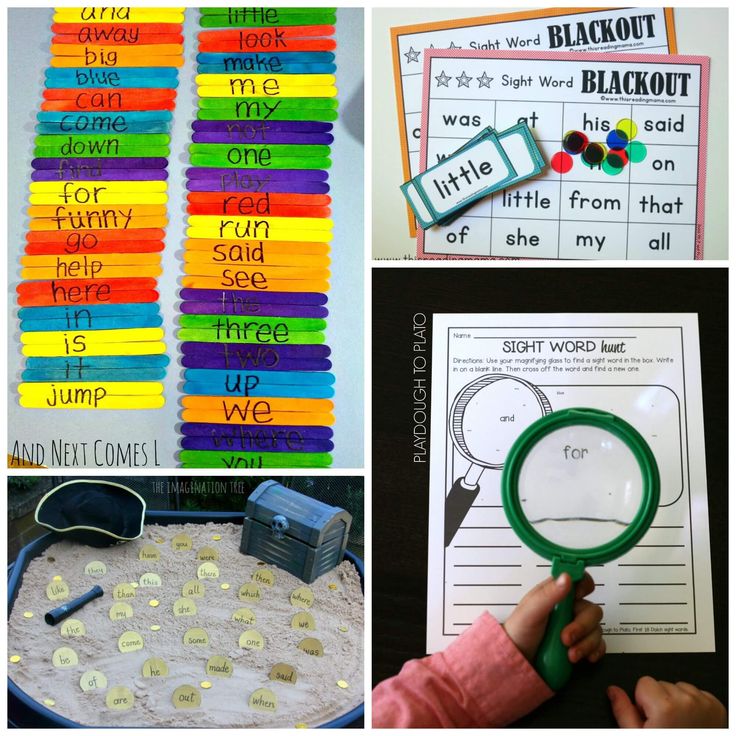 Of course, it makes sense to complicate the definitions, and not ask everything directly - so the question about "home" would sound better like "Is this not where the sun rises?" (with a reference to the famous song "House of the Rising Sun" by The Animals). Usually, the one who eventually gets to the searched word (names it or asks a question leading to victory) becomes the next leader.
Of course, it makes sense to complicate the definitions, and not ask everything directly - so the question about "home" would sound better like "Is this not where the sun rises?" (with a reference to the famous song "House of the Rising Sun" by The Animals). Usually, the one who eventually gets to the searched word (names it or asks a question leading to victory) becomes the next leader.
Writing games
Encyclopedia
Not the fastest, but extremely exciting game for a company of four people - you will need pens, paper and some kind of encyclopedic dictionary (preferably not limited thematically - that is, TSB is better than a conditional "biological encyclopedia"). The host finds a word in the encyclopedia that is unknown to anyone present (here it remains to rely on their honesty - but cheating in this game is uninteresting and unproductive). The task of each of the players is to write an encyclopedic definition of this word, inventing its meaning from the head and, if possible, disguising the text as a real small encyclopedic article. The presenter, meanwhile, carefully rewrites the real definition from the encyclopedia. After that, the “articles” are shuffled and read out by the presenter in random order, including the real one, and the players vote for which option seems most convincing to them. In the end, the votes are counted and points are distributed. Any player receives a point for correctly guessing the real definition and one more point for each vote given by other participants to his own version. After that, the sheets are distributed back and a new word is played out - there should be about 6-10 of them in total. You can also play this game in teams: come up with imaginary definitions collectively. The game "poems" is arranged in a similar way - but instead of a compound word, the host selects two lines from some little-known poem in advance and invites the participants to add quatrains.
The task of each of the players is to write an encyclopedic definition of this word, inventing its meaning from the head and, if possible, disguising the text as a real small encyclopedic article. The presenter, meanwhile, carefully rewrites the real definition from the encyclopedia. After that, the “articles” are shuffled and read out by the presenter in random order, including the real one, and the players vote for which option seems most convincing to them. In the end, the votes are counted and points are distributed. Any player receives a point for correctly guessing the real definition and one more point for each vote given by other participants to his own version. After that, the sheets are distributed back and a new word is played out - there should be about 6-10 of them in total. You can also play this game in teams: come up with imaginary definitions collectively. The game "poems" is arranged in a similar way - but instead of a compound word, the host selects two lines from some little-known poem in advance and invites the participants to add quatrains.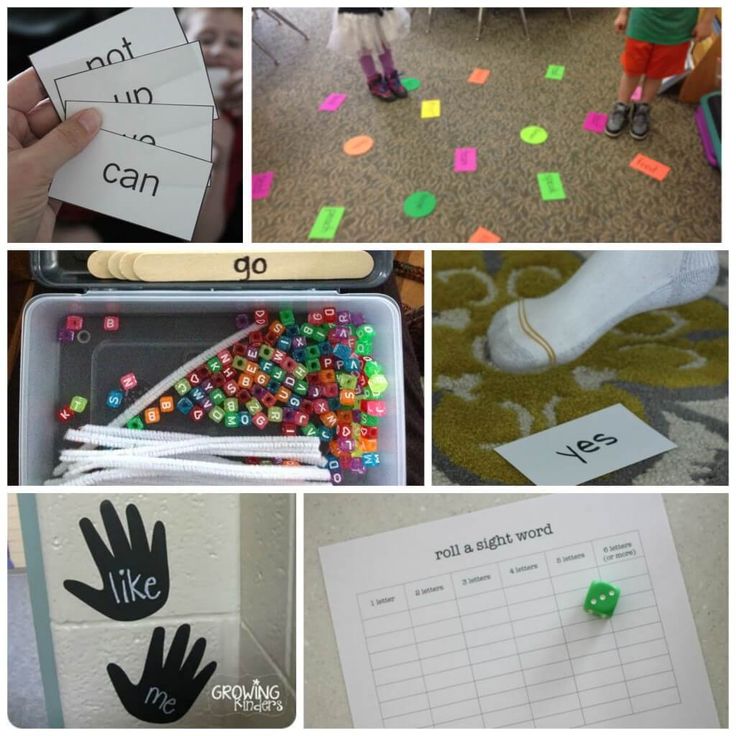
Game from Inglourious Basterds
A game for a company of any size that many knew before the Quentin Tarantino film, but it does not have a single name. Each player invents a role for his neighbor (usually it is some famous person), writes it on a piece of paper and sticks the piece of paper on his neighbor's forehead: accordingly, everyone sees what role someone has, but does not know who they are. The task of the participants is, with the help of leading questions, the answers to which are formulated as “yes” or “no” (“Am I a historical figure?”, “Am I a cultural figure?”, “Am I a famous athlete?”), to find out who exactly they are. In this form, however, the game exhausts itself rather quickly, so you can come up with completely different themes and instead of famous people play, for example, in professions (including exotic ones - "carousel", "taxidermist"), in film and literary heroes (you can mix them with real celebrities, but it’s better to agree on this in advance), food (one player will be risotto, and the other, say, green cabbage soup) and even just items.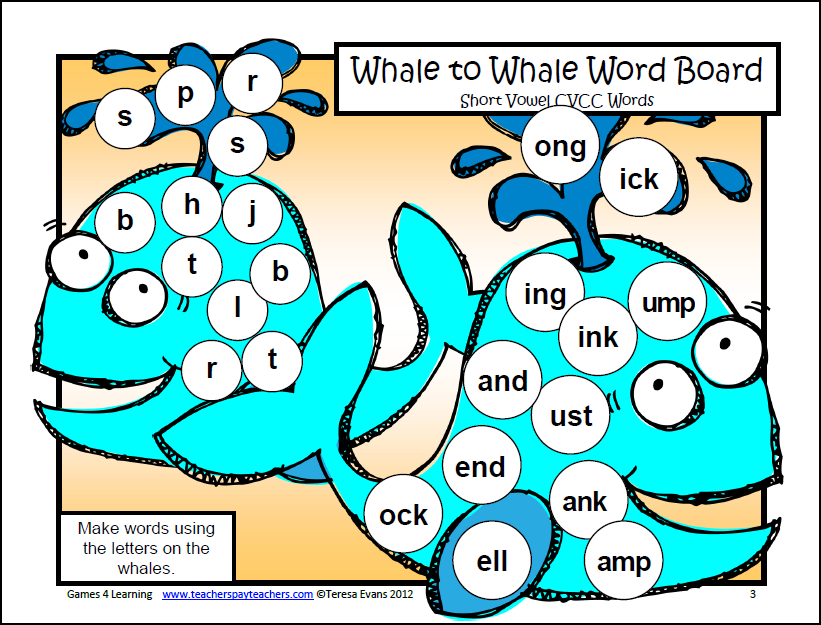
Bulls and cows
A game for two: one participant thinks of a word, and it is agreed in advance how many letters should be in it (usually 4-5). The task of the second is to guess this word by naming other four- or five-letter words; if some letters of the named word are in the hidden one, they are called cows, and if they have the same place inside the word, then these are bulls. Let's imagine that the word "eccentric" is conceived. If the guesser says “dot”, then he receives an answer from the second player: “three cows” (that is, the letters “h”, “k” and “a”, which are in both “eccentric” and “dot”, but in different places). If he then says "head of head", he will no longer get three cows, but two cows and one bull - since the letter "a" in both "eccentric" and "head" is in the fourth position. As a result, sooner or later, it is possible to guess the word, and the players can change places: now the first one will guess the word and count the bulls and cows, and the second one will name his options and track the extent to which they coincide with the one guessed.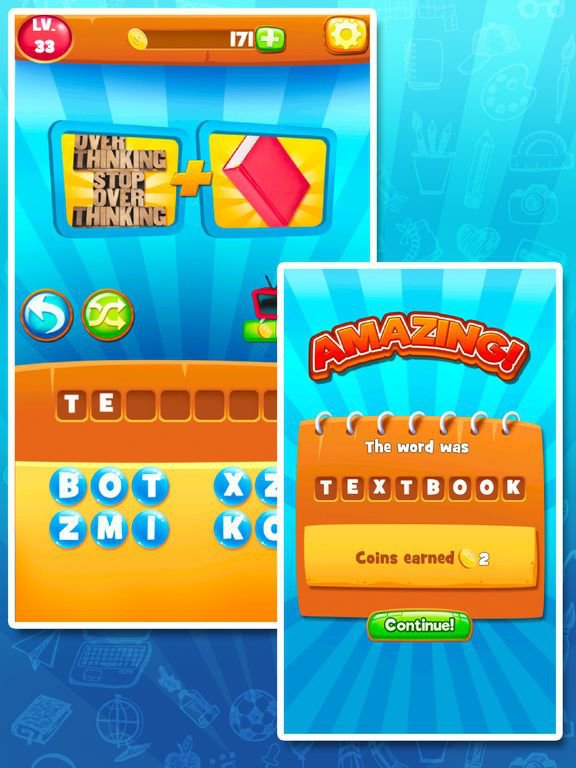 You can also complicate the process by simultaneously guessing your own word and guessing the opponent's word.
You can also complicate the process by simultaneously guessing your own word and guessing the opponent's word.
Intellect
Writing game for the company (but you can also play together), consisting of three rounds, each for five minutes. In the first, players randomly type thirteen letters (for example, blindly poking a book page with their finger) and then form words from them, and only long ones - from five letters. In the second round, you need to choose a syllable and remember as many words as possible that begin with it, you can use single-root ones (for example, if the syllable "house" is selected, then the words "house", "domra", "domain", "domain", "brownie", "housewife", etc.). Finally, in the third round, the syllable is taken again, but now you need to remember not ordinary words, but the names of famous people of the past and present in which it appears, and not necessarily at the beginning - that is, both Karamzin and McCartney will fit the syllable "kar" , and, for example, Hamilcar.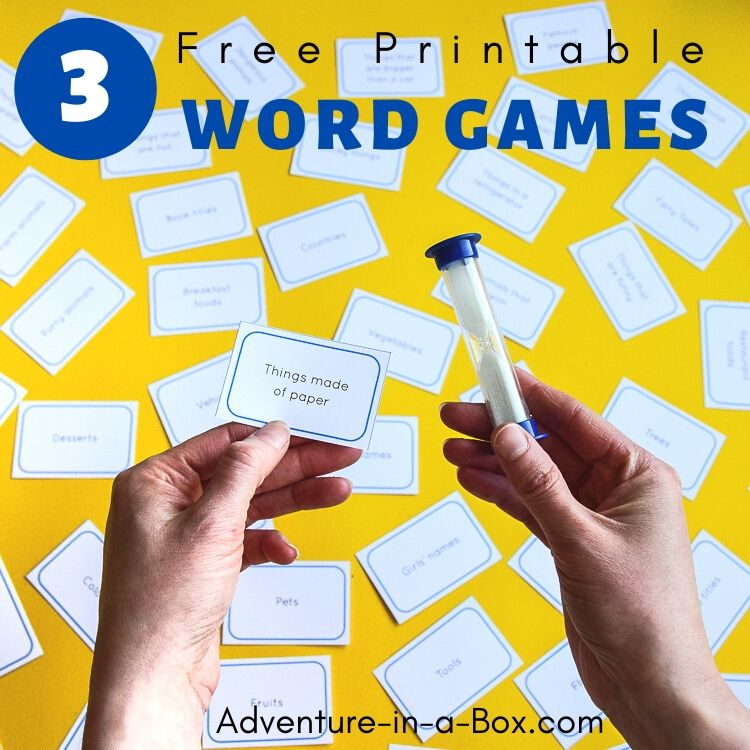 An important detail: since this round provokes the most disputes and scams, game participants can ask each other to prove that this person is really a celebrity, and here you need to remember at least the profession and country. Typical dialogue: "What, you don't know Hamilcar? But this is a Carthaginian commander!” After each round, points are counted: if a particular word is the same for all players, it is simply crossed out, in other cases, players are awarded as many points for it as the opponents could not remember it. In the first round, you can still add points for especially long words. Based on the results of the rounds, it is necessary to determine who took the first, second, third and other places, and add up these places at the end of the game. The goal is to get the smallest number at the output (for example, if you were the winners of all three rounds, then you will get the number 3 - 1 + 1 + 1, and you are the champion; less cannot be purely mathematical).
An important detail: since this round provokes the most disputes and scams, game participants can ask each other to prove that this person is really a celebrity, and here you need to remember at least the profession and country. Typical dialogue: "What, you don't know Hamilcar? But this is a Carthaginian commander!” After each round, points are counted: if a particular word is the same for all players, it is simply crossed out, in other cases, players are awarded as many points for it as the opponents could not remember it. In the first round, you can still add points for especially long words. Based on the results of the rounds, it is necessary to determine who took the first, second, third and other places, and add up these places at the end of the game. The goal is to get the smallest number at the output (for example, if you were the winners of all three rounds, then you will get the number 3 - 1 + 1 + 1, and you are the champion; less cannot be purely mathematical).
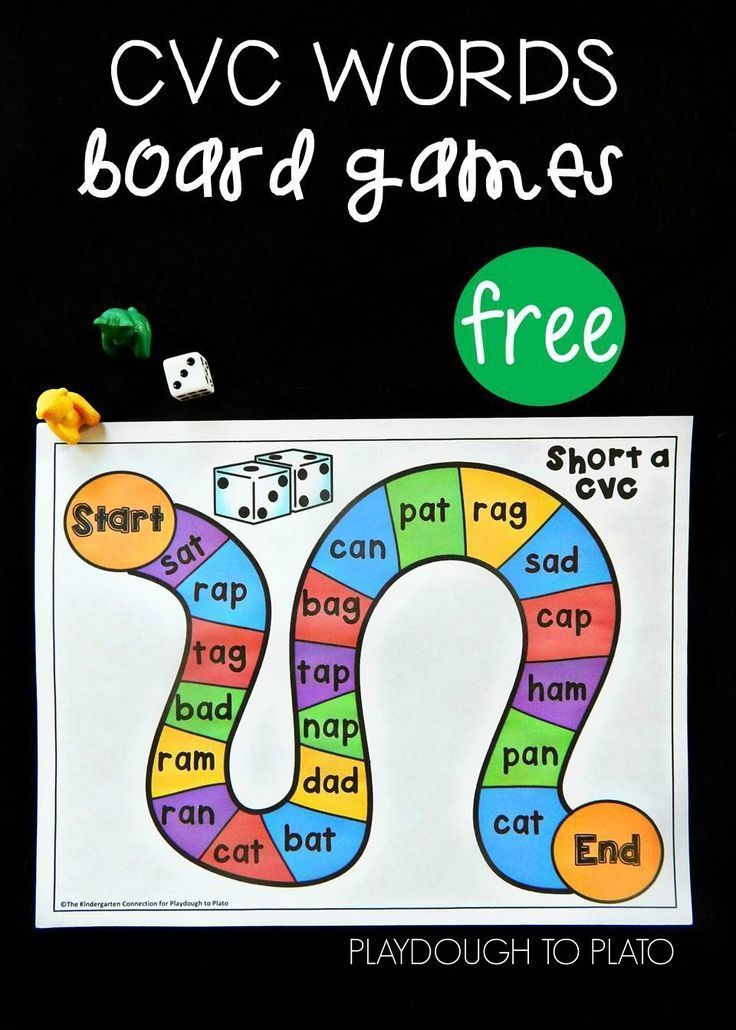 B. C. Trim, alphabet enchanté. Illustrations by Bertal. France, 1861 Wikimedia Commons
B. C. Trim, alphabet enchanté. Illustrations by Bertal. France, 1861 Wikimedia Commons Frame
A game for any number of people, which was invented by one of the creators of the Kaissa chess program and the author of the anagram search program Alexander Bitman. First, the players choose several consonants - this will be the frame, the skeleton of the word. Then the time is recorded (two or three minutes), and the players begin to “stretch” vowels (as well as “й”, “ь”, “ъ”) onto the frame to make existing words. Consonants can be used in any order, but only once, and vowels can be added in any number. For example, players choose the letters "t", "m", "n" - then the words "fog", "cloak", "mantle", "coin", "darkness", "ataman", "dumbness" and other. The winner is the one who can come up with more words (as usual, these should be common nouns in the singular). The game can be played even with one letter, for example, "l". The words “silt”, “lay”, “yula”, “aloe”, “spruce” are formed around it, and if we agree that the letter can be doubled, “alley” and “lily”.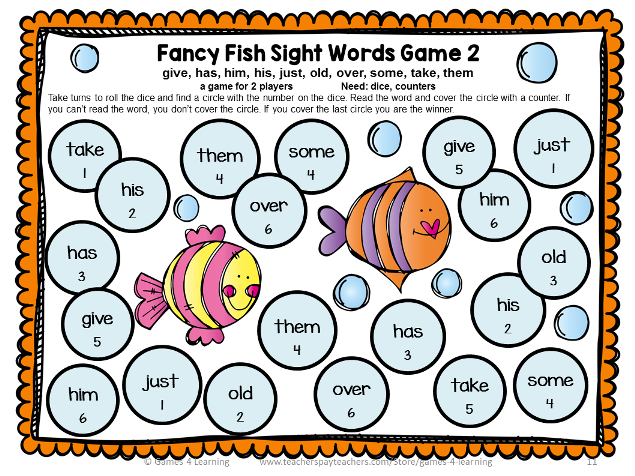 If the standard "skeleton" is mastered, then the task may be to compose a whole phrase with one consonant: a textbook example from the book by Evgeny Gik - "Bobby, kill the boy and beat the woman at the baobab."
If the standard "skeleton" is mastered, then the task may be to compose a whole phrase with one consonant: a textbook example from the book by Evgeny Gik - "Bobby, kill the boy and beat the woman at the baobab."
Chain of words
Game for any number of players. Many people know it under the name "How to make an elephant out of a fly", and it was invented by the writer and mathematician Lewis Carroll, the author of "Alice". The “chain” is based on metagram words, that is, words that differ by only one letter. The task of the players is to turn one word into another with the least number of intermediate links. For example, let's make a "goat" from a "fox": FOX - LINDE - PAW - KAPA - KARA - KORA - GOAT. It is interesting to give tasks with a plot: so that the “day” turns into “night”, the “river” becomes the “sea”. The well-known chain, where the "elephant" grows out of the "fly", is obtained in 16 moves: FLY - MURA - TURA - TARA - KARA - KARE - CAFE - KAFR - MURDER - KAYUK - HOOK - URIK - LESSON - TERM - DRAIN - STON - ELEPHANT (example of Evgeny Gik).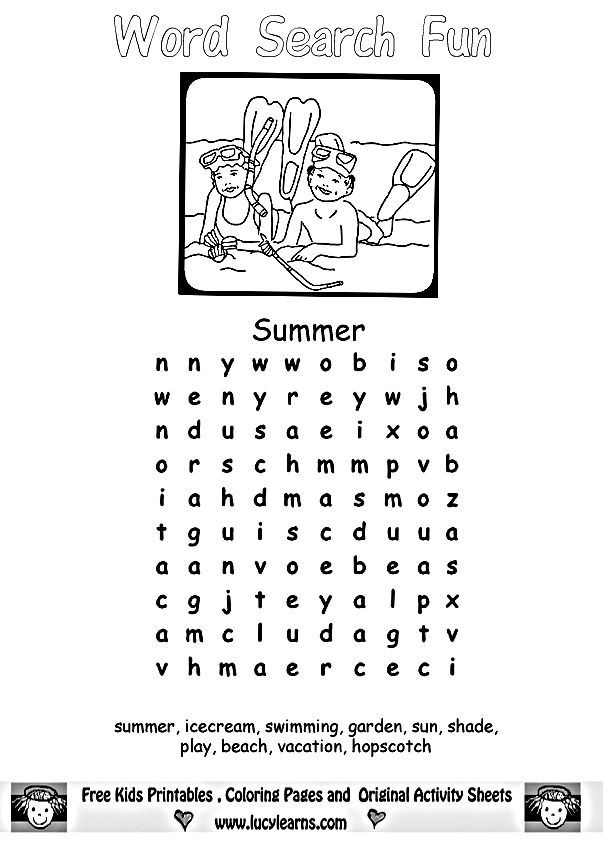 For training, you can compete in the search for metagrams for any word. For example, the word "tone" gives "sleep", "background", "current", "tom", "tan" and so on - whoever scores more options wins.
For training, you can compete in the search for metagrams for any word. For example, the word "tone" gives "sleep", "background", "current", "tom", "tan" and so on - whoever scores more options wins.
Hat
A game for a company of four people, requiring simple equipment: pens, paper and a “hat” (an ordinary plastic bag will do). Sheets of paper need to be torn into small pieces and distributed to the players, the number of pieces depends on how many people are playing: the larger the company, the less for each. Players write words on pieces of paper (one for each piece of paper) and throw them into the "hat". There are also options here - you can play just with words (noun, common noun, singular), or you can play with famous people or literary characters. Then the participants are divided into teams - two or more people each; the task of each - in 20 seconds (or 30, or a minute - the timing can be set at your own choice) to explain to your teammates the largest number of words arbitrarily pulled out of the "hat", without using the same root.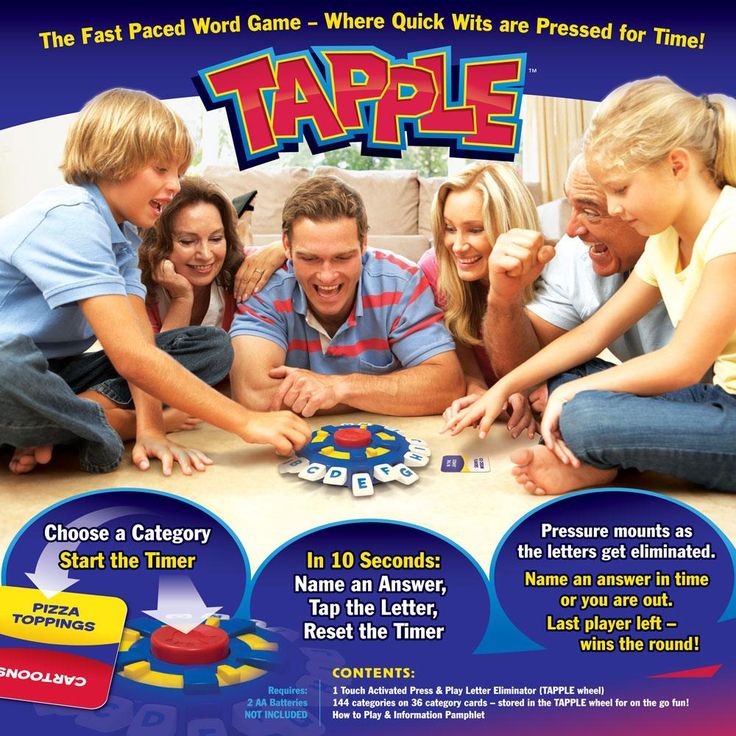 If the driver could not explain a word, it returns to the hat and will be played by the other team. At the end of the game, the words guessed by different representatives of the same team are summed up, their number is counted, and the team that has more pieces of paper is awarded the victory. A popular version of the game: everything is the same, but in the first round the players explain the words (or describe the characters) orally, in the second round they show in pantomime, in the third round they explain the same words in one word. And recently a board game has appeared, where you need not only to explain and show, but also to draw.
If the driver could not explain a word, it returns to the hat and will be played by the other team. At the end of the game, the words guessed by different representatives of the same team are summed up, their number is counted, and the team that has more pieces of paper is awarded the victory. A popular version of the game: everything is the same, but in the first round the players explain the words (or describe the characters) orally, in the second round they show in pantomime, in the third round they explain the same words in one word. And recently a board game has appeared, where you need not only to explain and show, but also to draw.
Telegrams
Game for any number of players. The players choose a word, for each letter of which they will need to come up with a part of the telegram - the first letter will be the beginning of the first word, the second - the second, and so on. For example, the word "fork" is selected. Then the following message can become a telegram: “The camel is healed.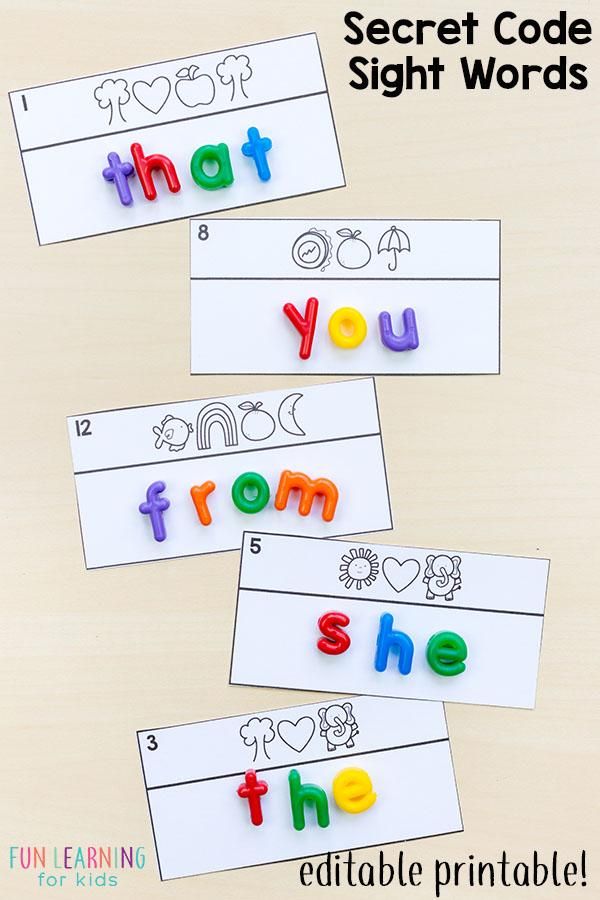 I'm flying a crocodile. Aibolit". Another round of the game is the addition of genres. Each player gets the task to write not one, but several telegrams from the same word - business, congratulatory, romantic (the types of messages are agreed in advance). Telegrams are read aloud, the next word is chosen.
I'm flying a crocodile. Aibolit". Another round of the game is the addition of genres. Each player gets the task to write not one, but several telegrams from the same word - business, congratulatory, romantic (the types of messages are agreed in advance). Telegrams are read aloud, the next word is chosen.
even more different games for one or a company
Home games
Shadow theater, crafts and paper dolls from children's books and magazines of the XIX-XX centuries Ring and other games
Games from classic books
What do the heroes of the works of Nabokov, Lindgren and Milne play
A children's course on where games, jokes, horror stories and memes come from and why we need them
Children's room
Special project
Children's room Arzamas
Sources

